
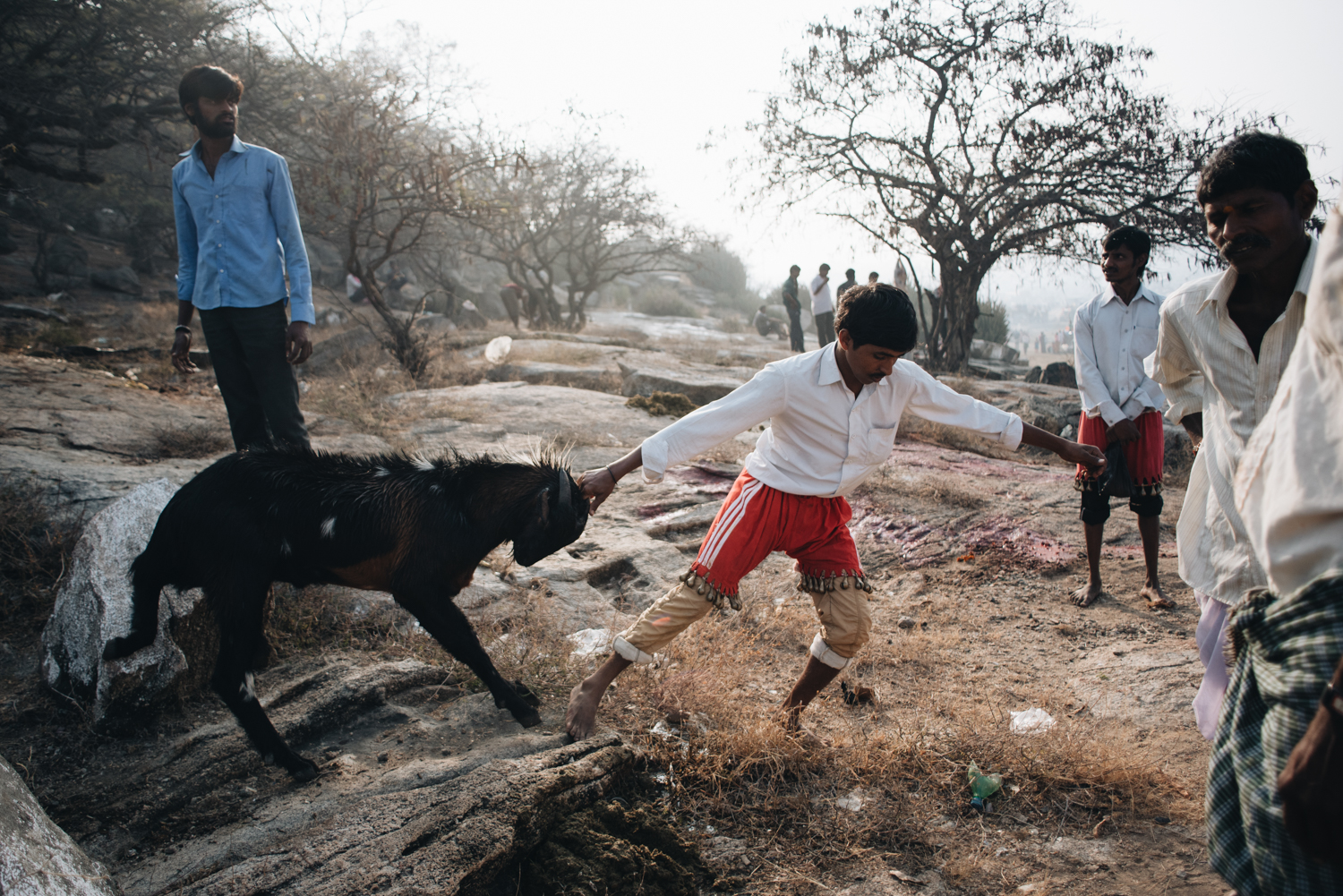
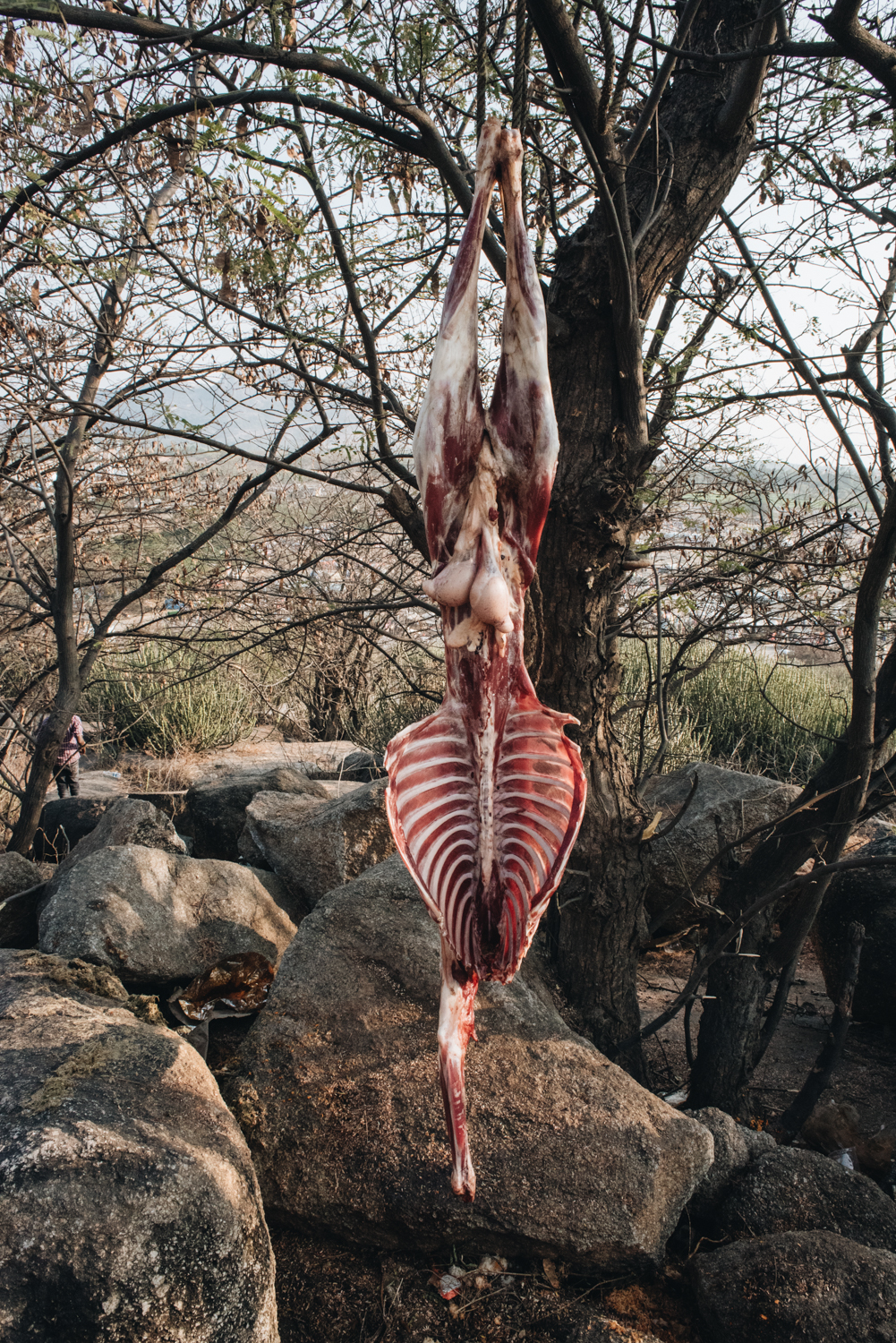
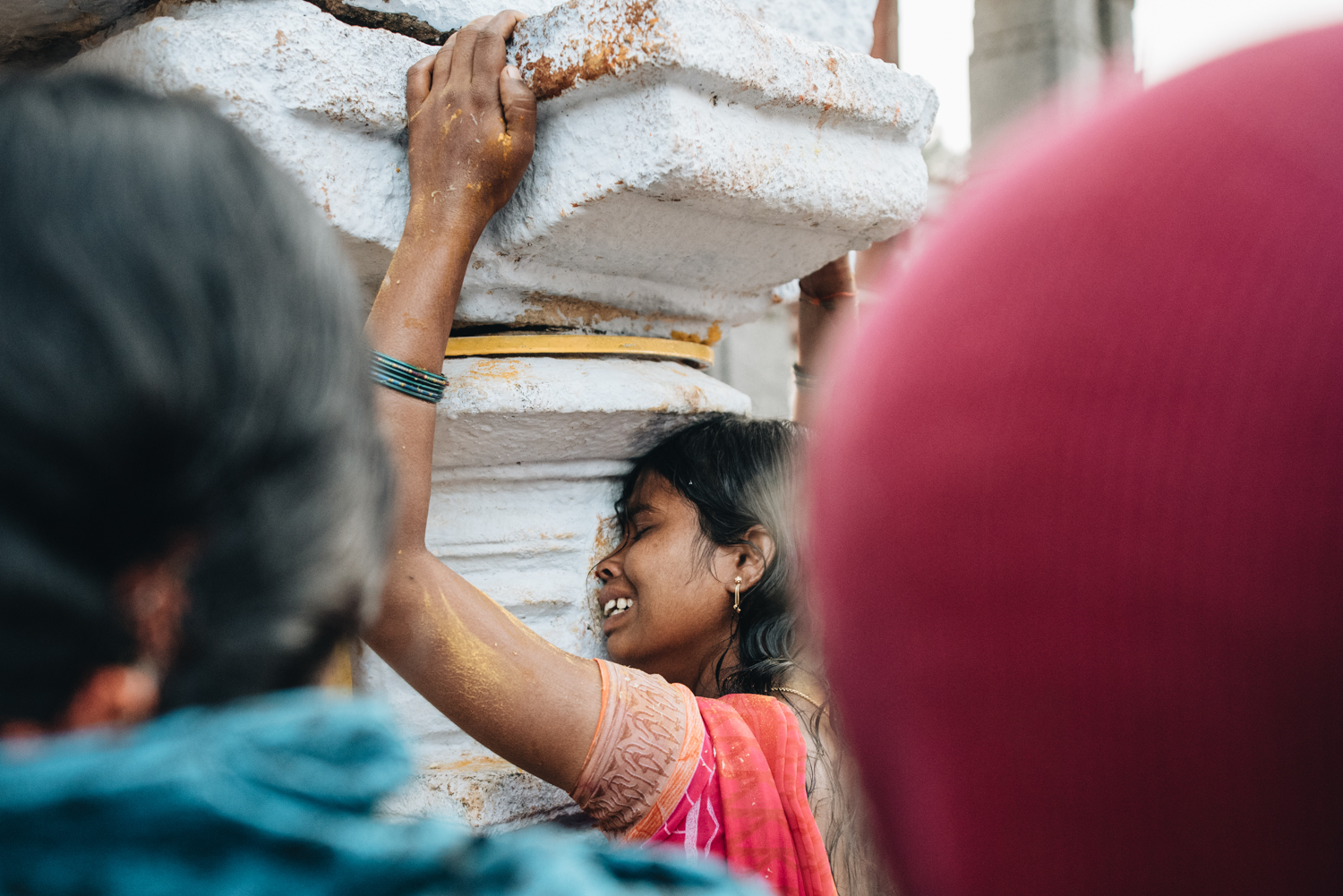
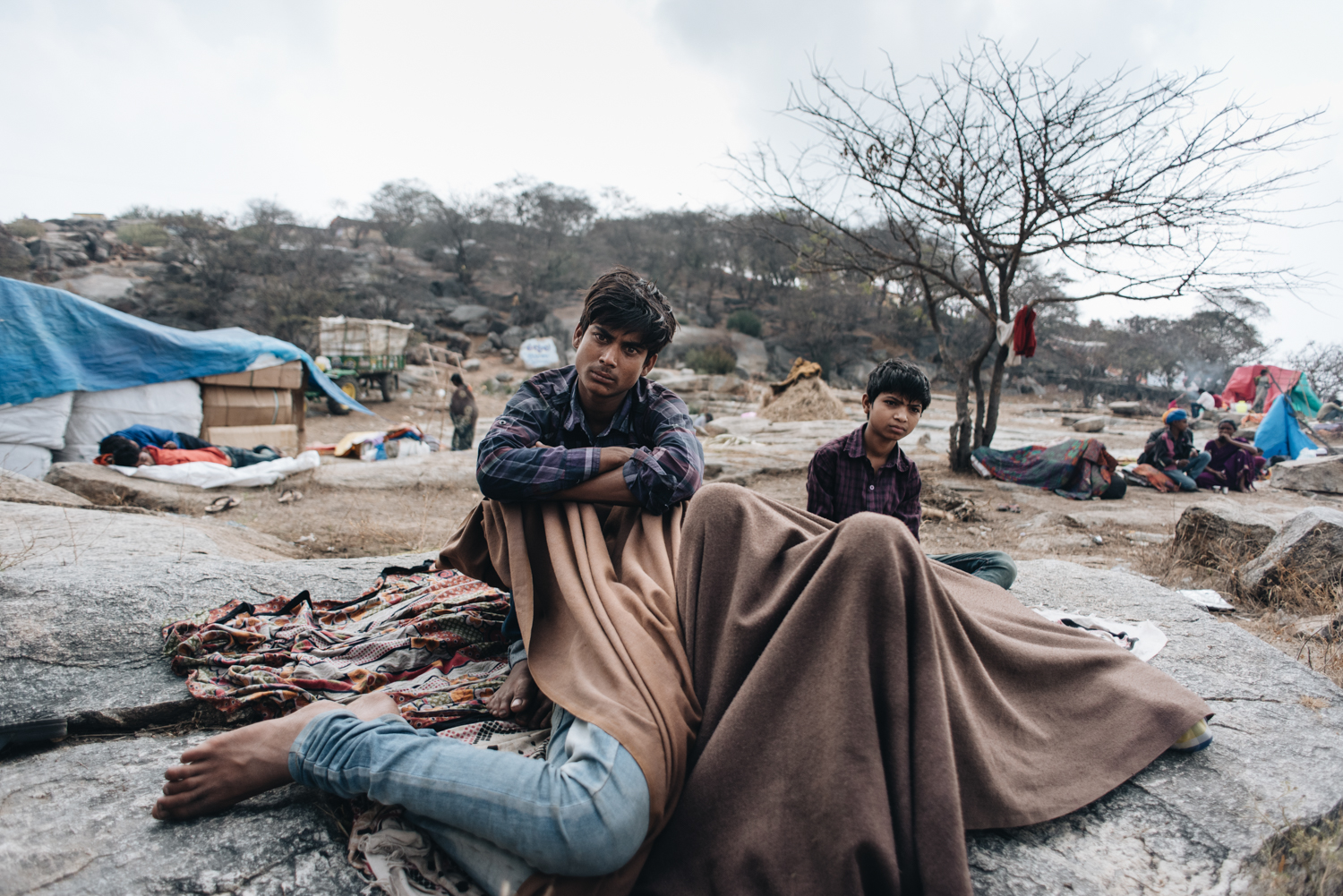
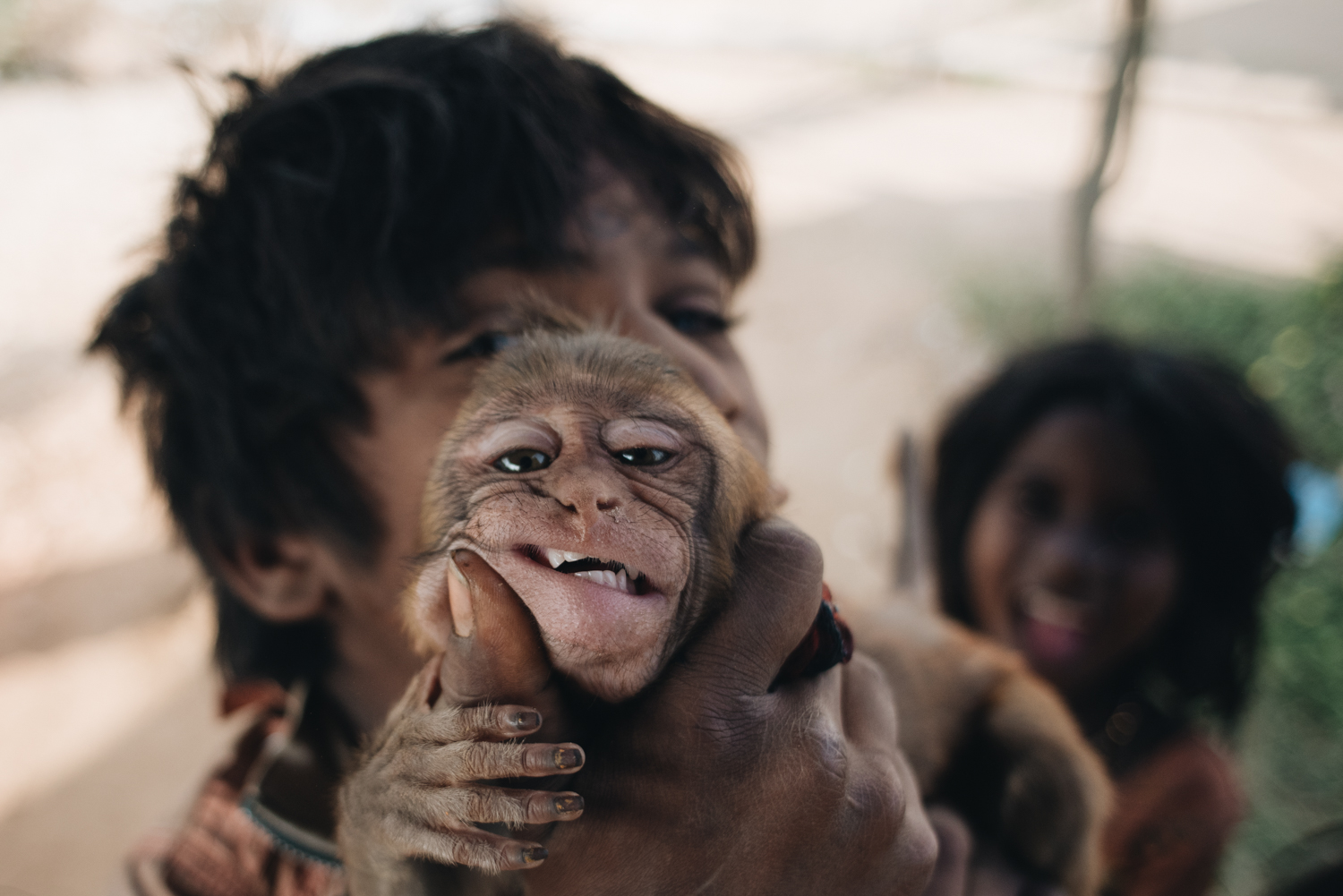
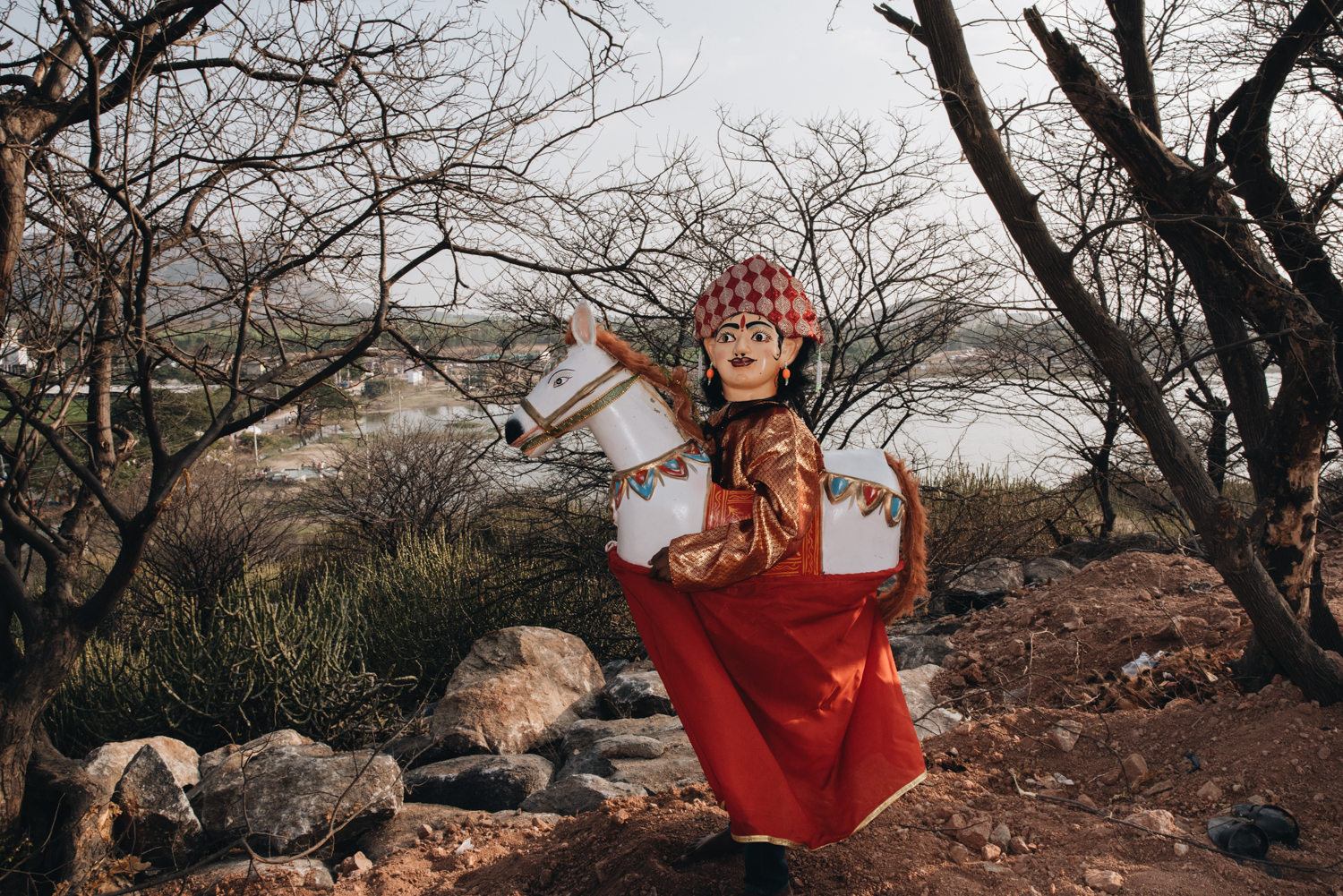
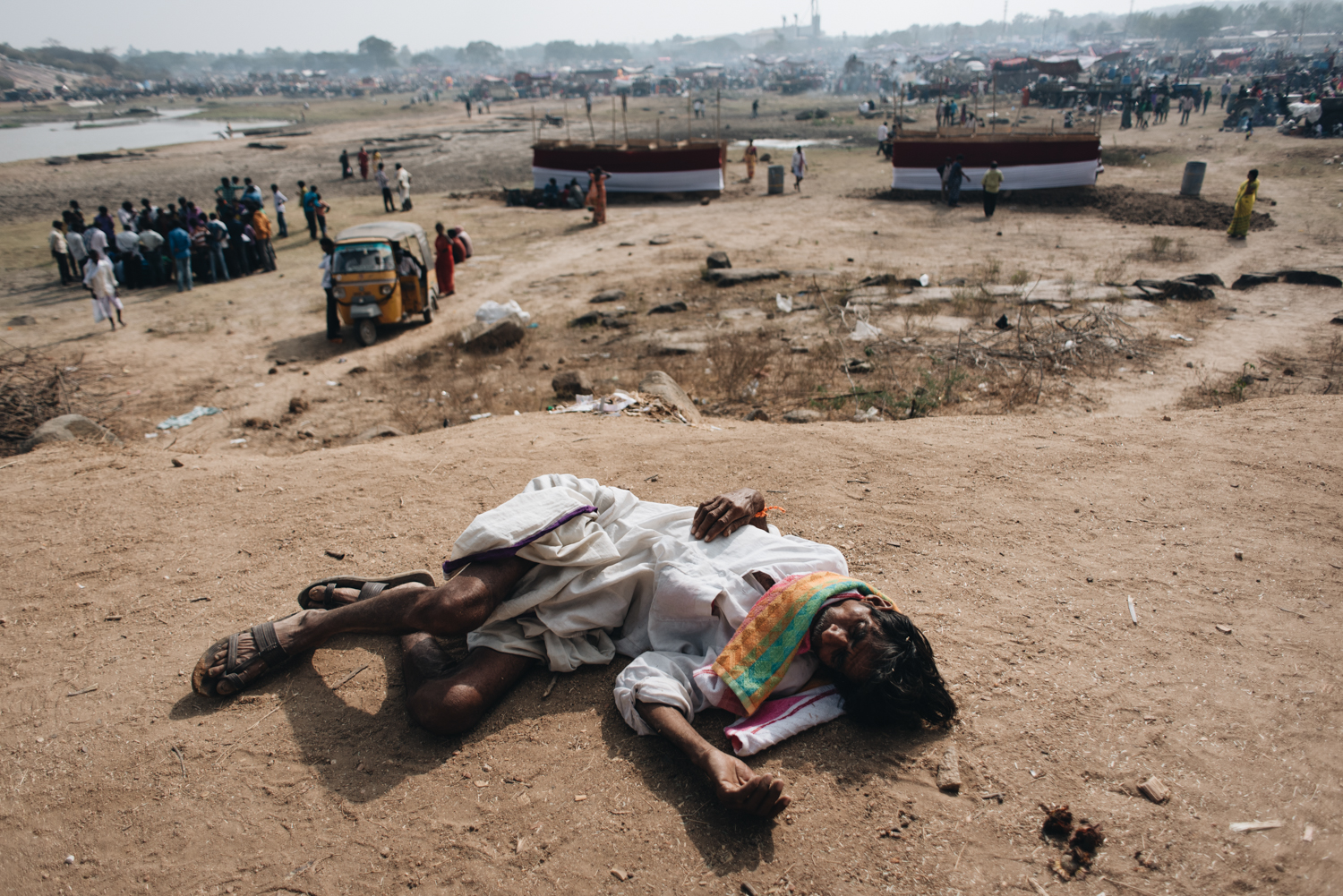


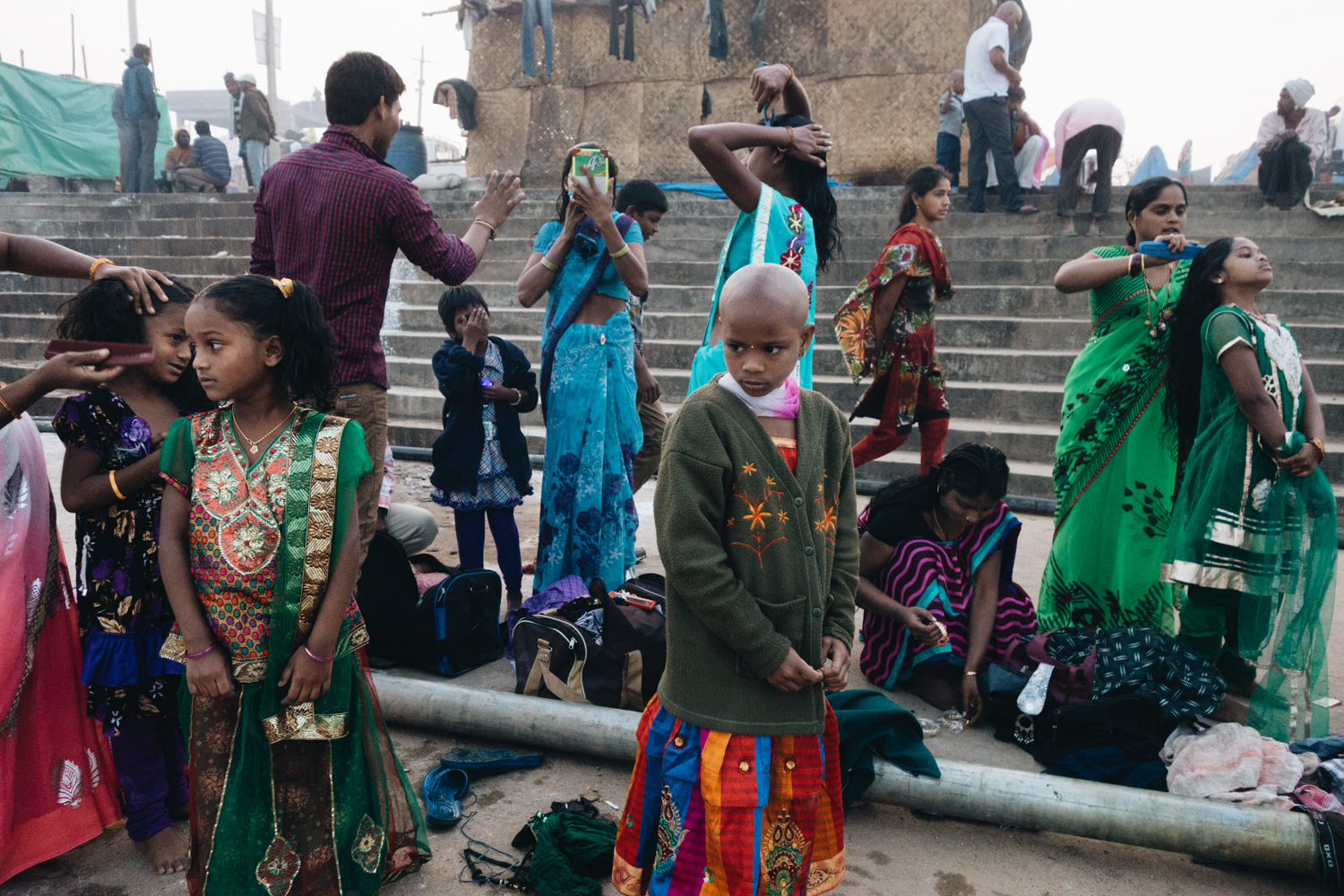
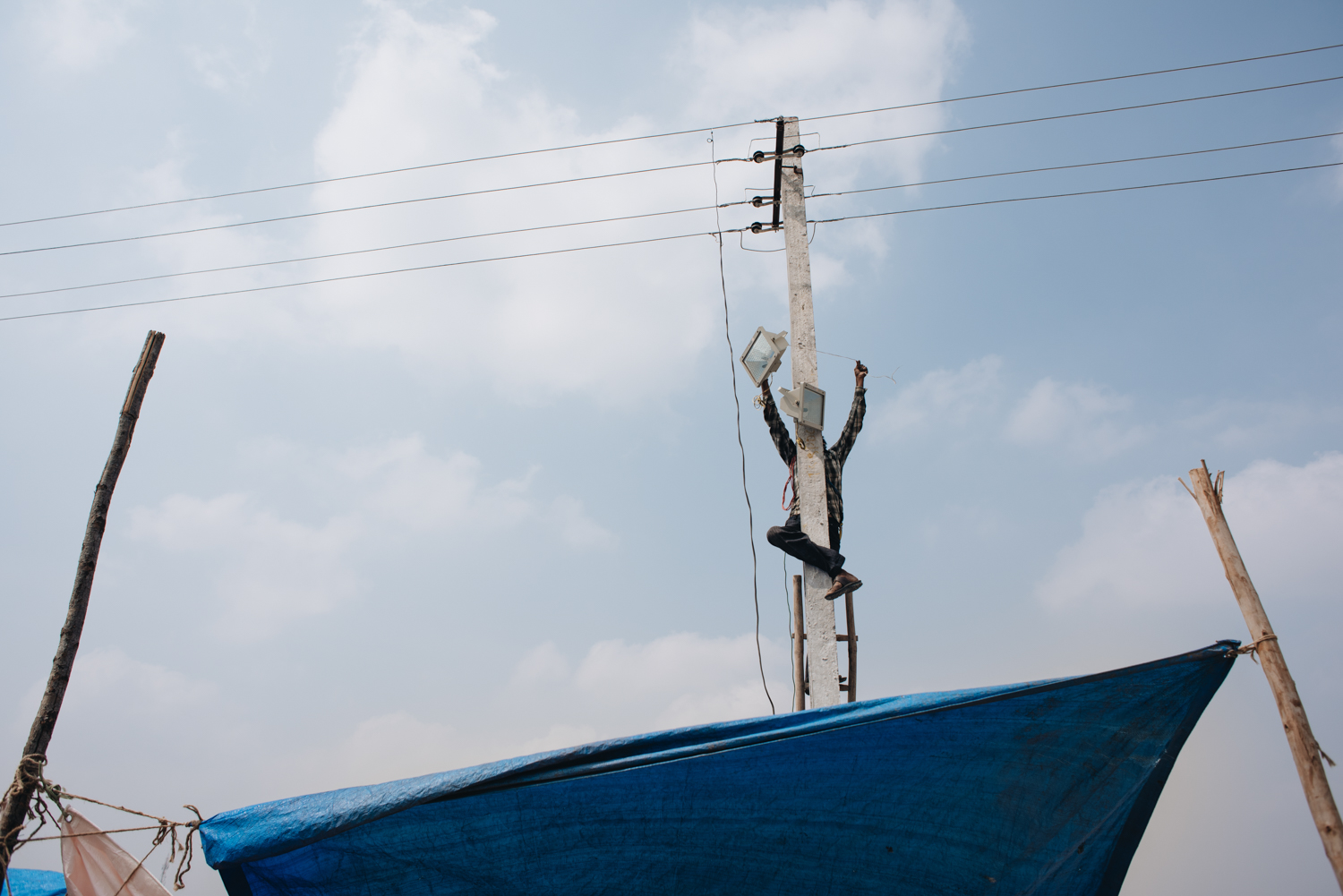
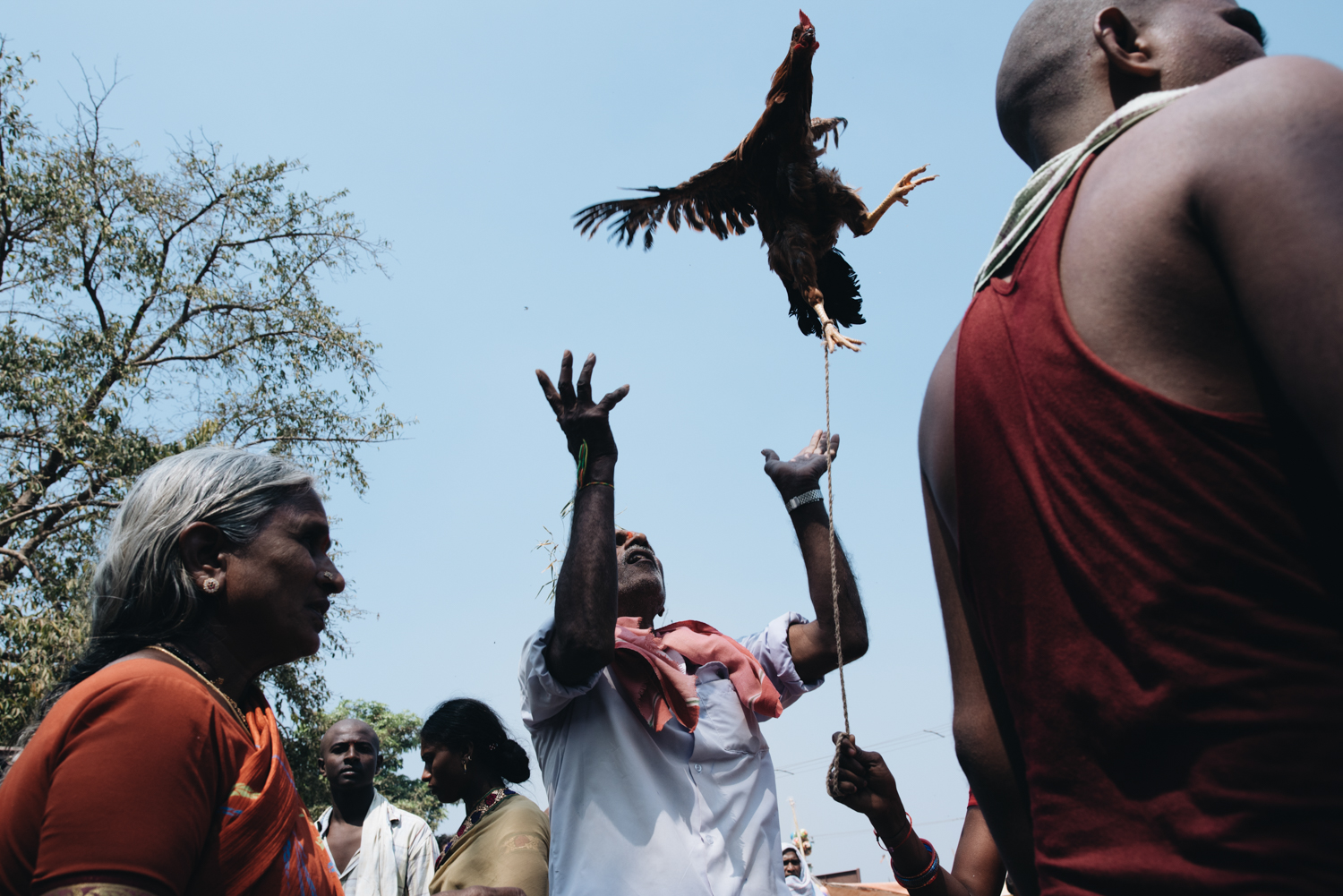
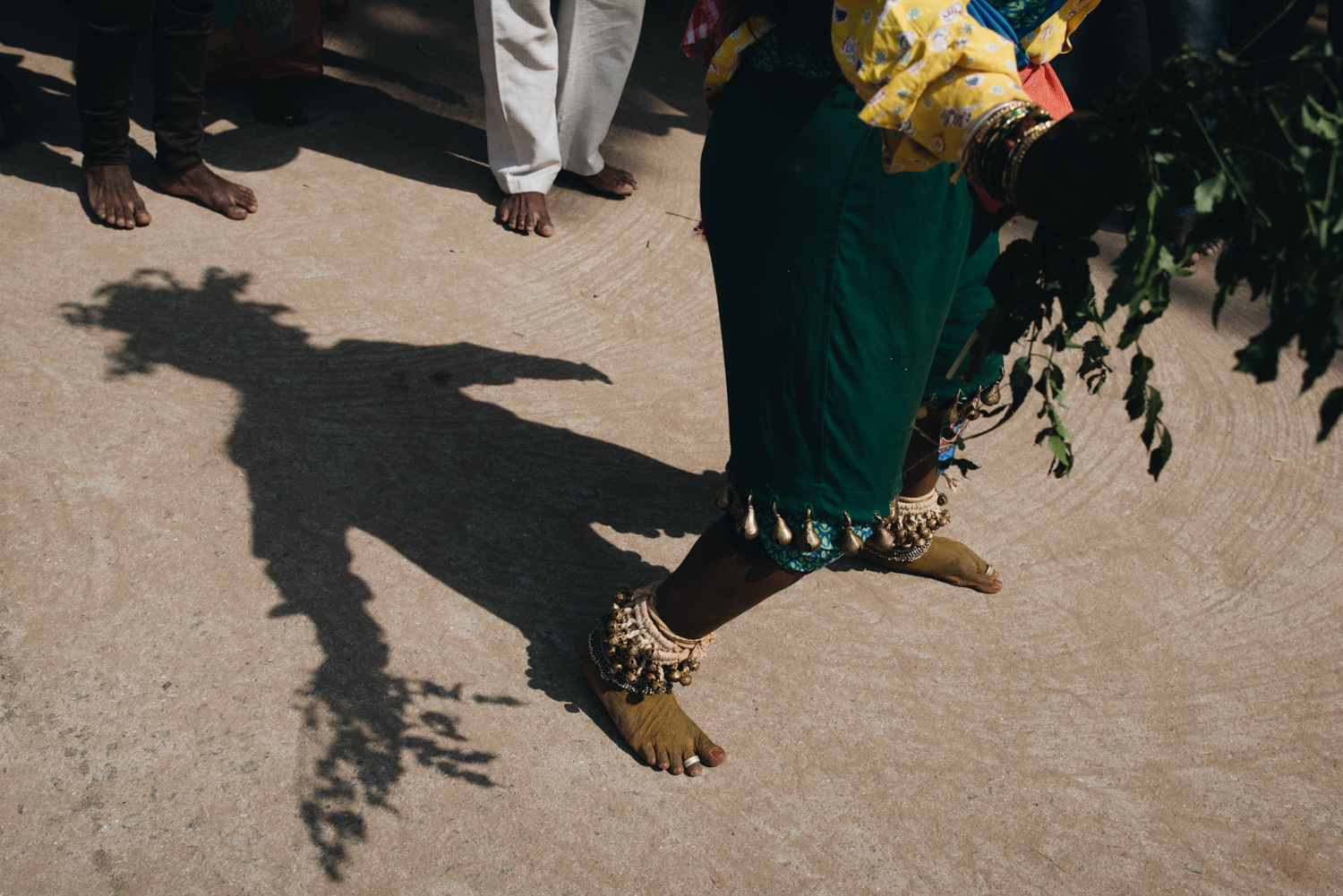
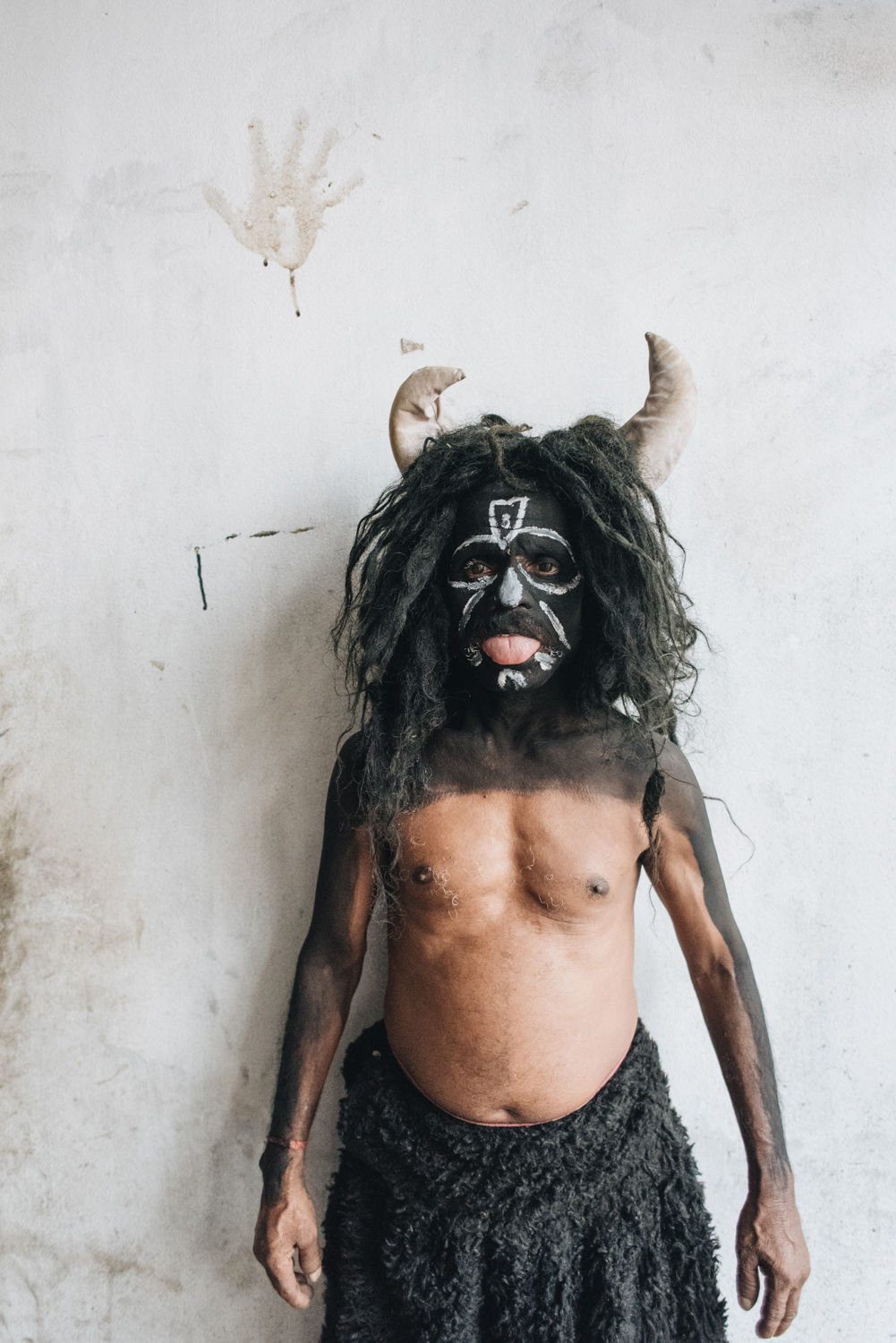
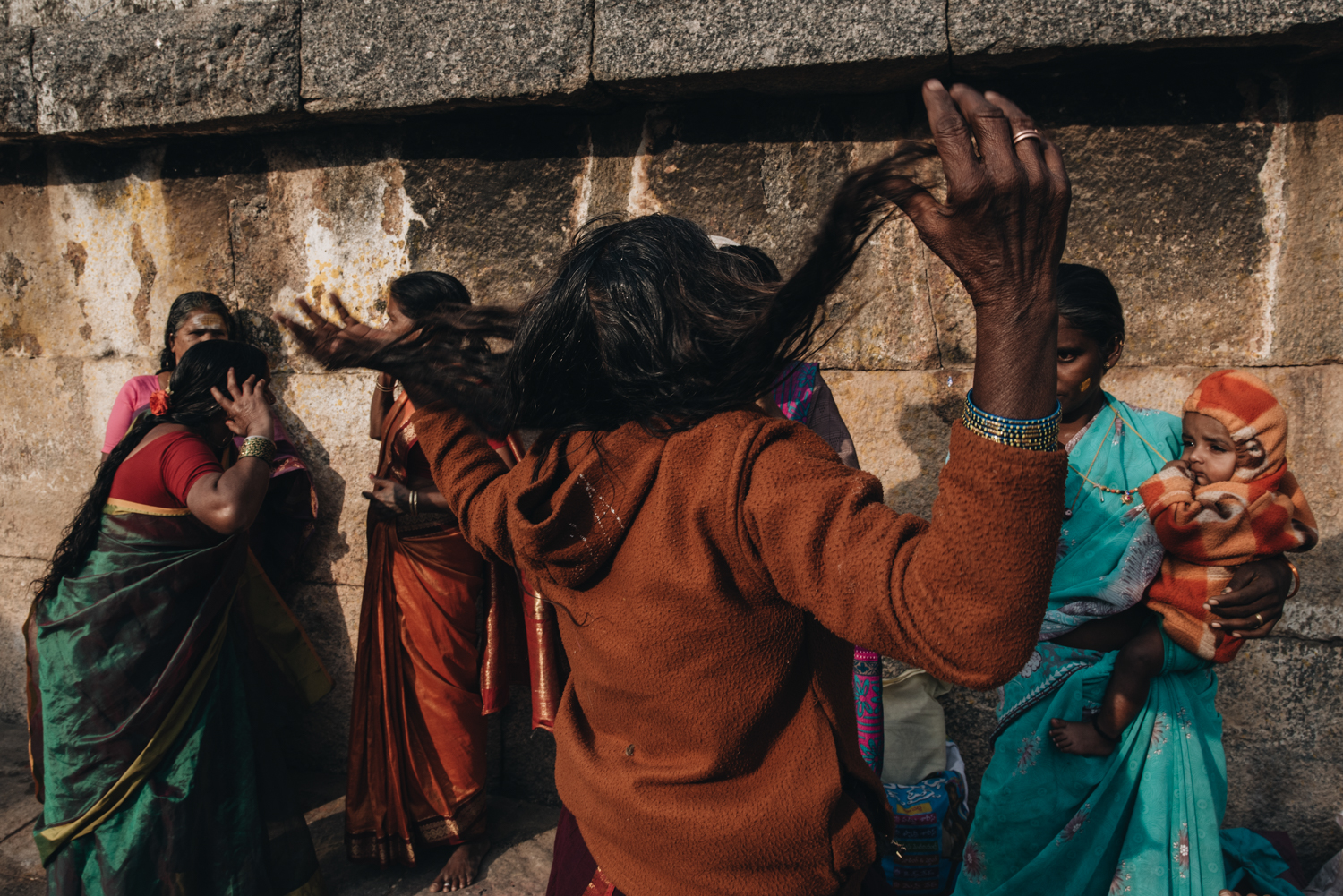


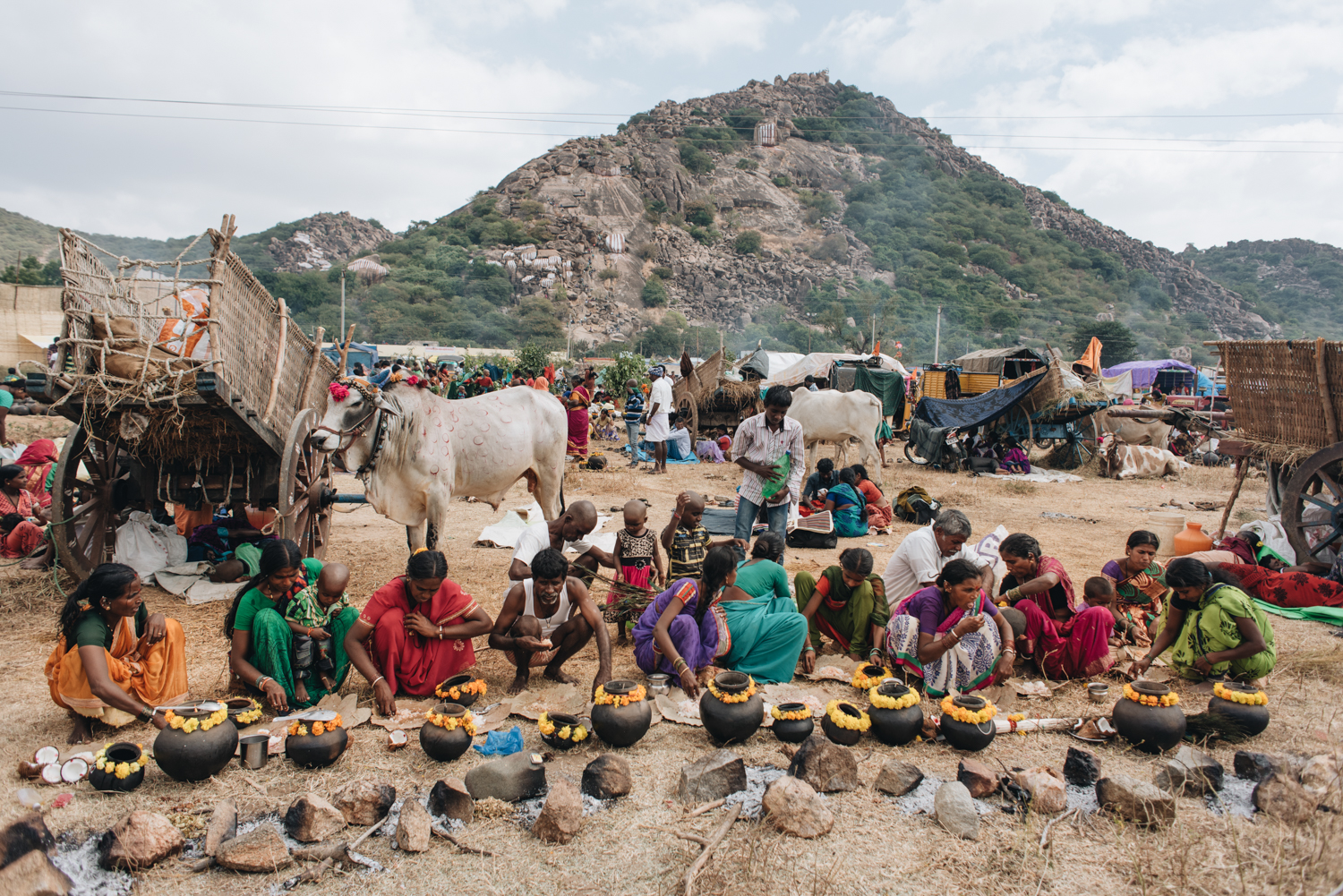

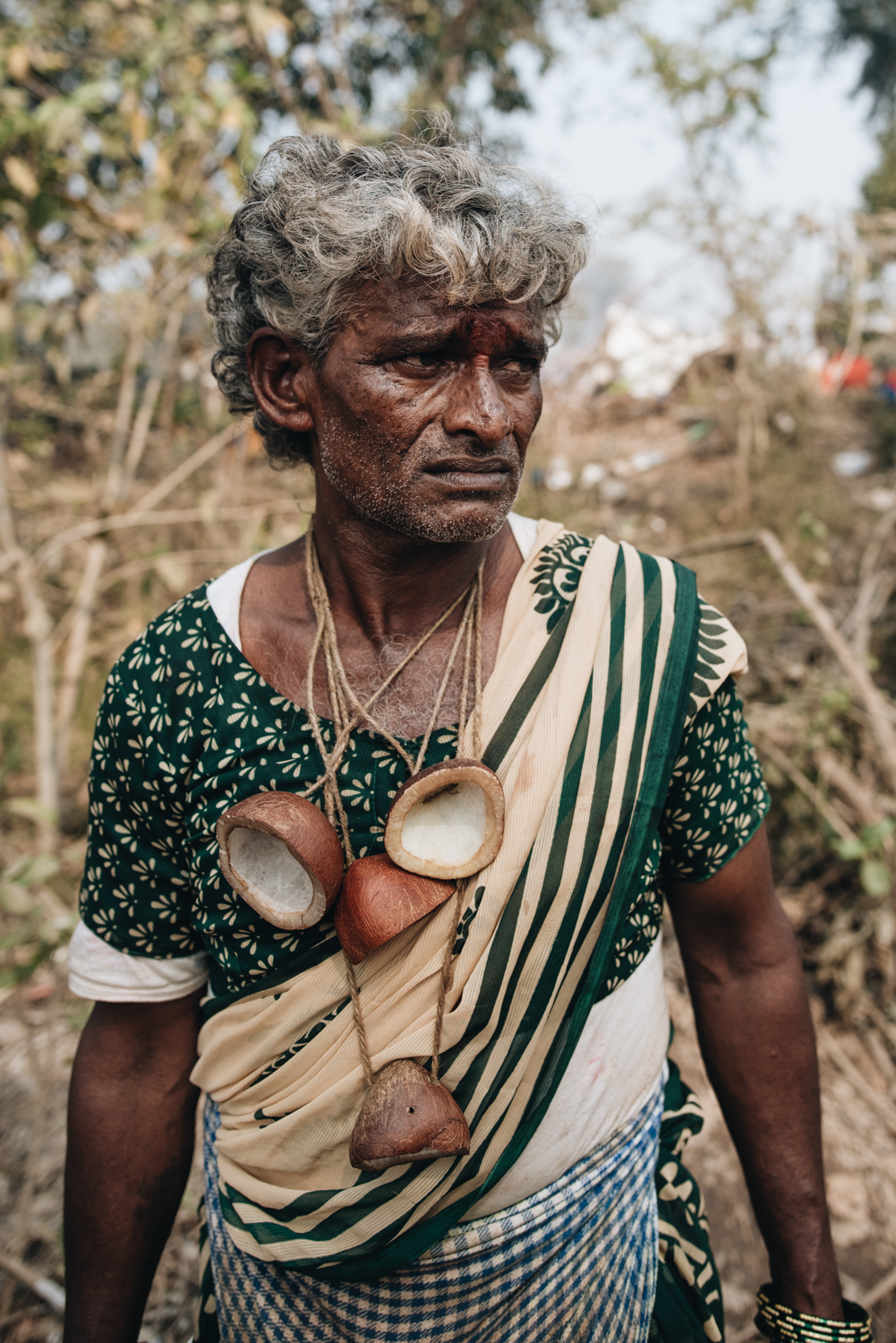
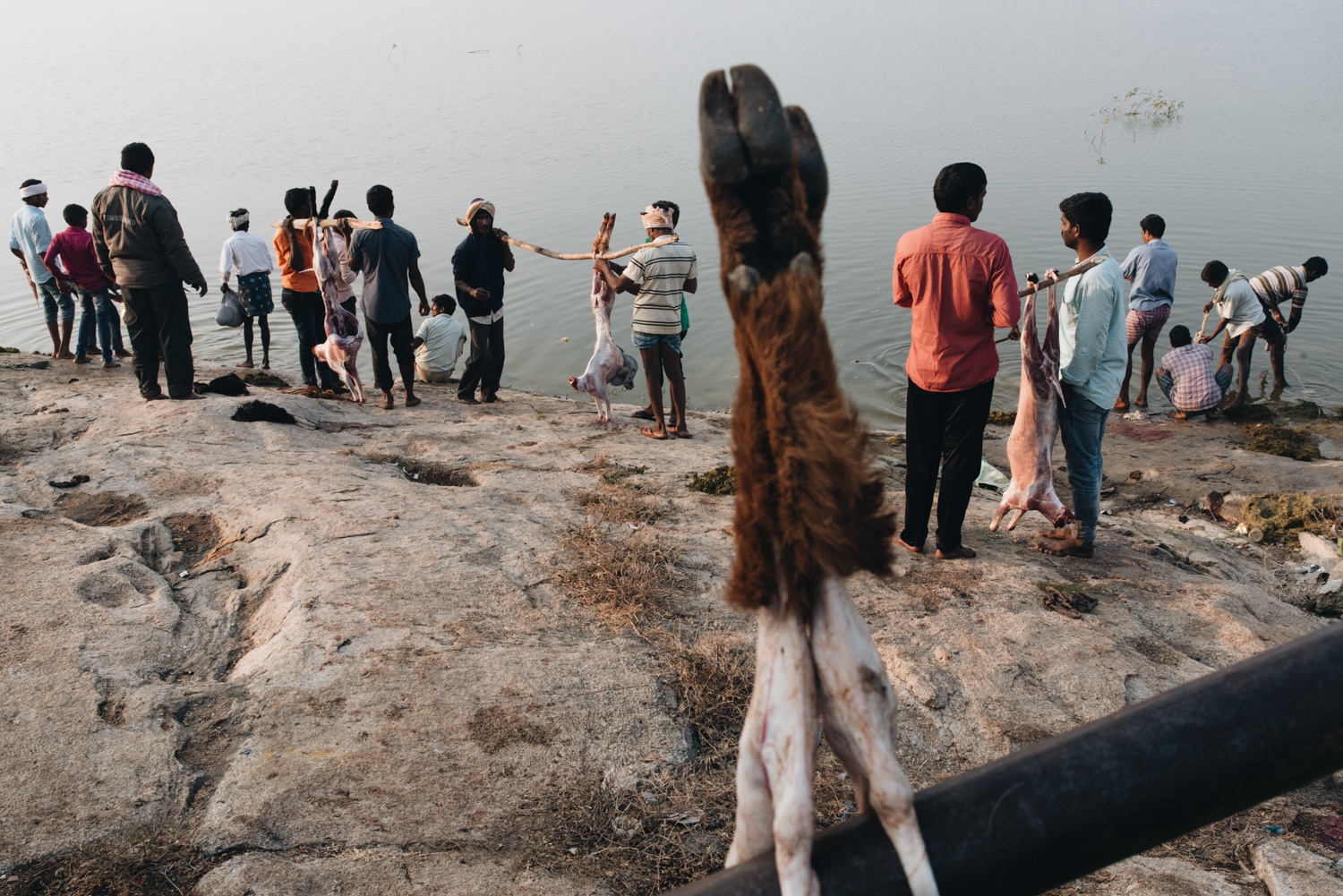
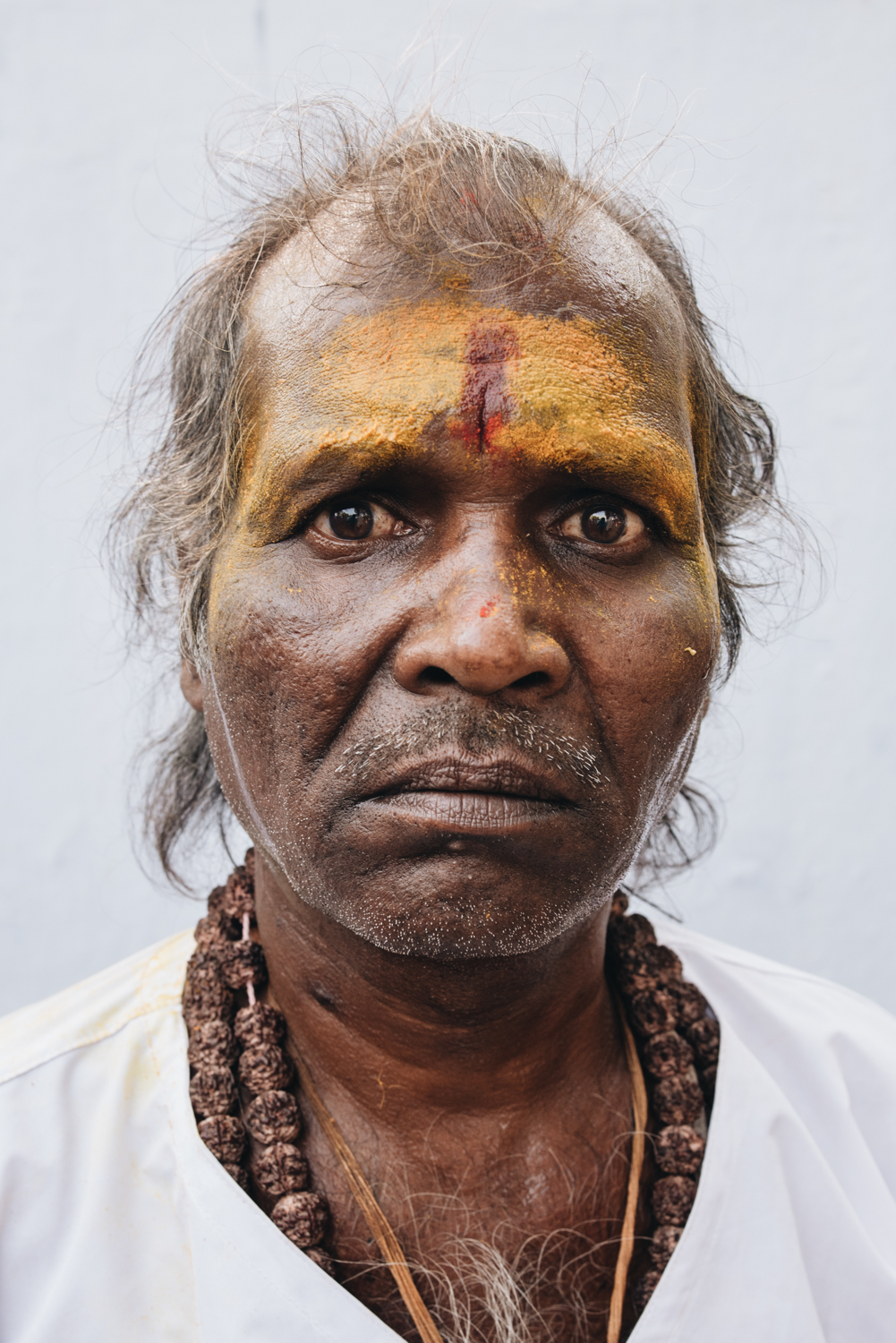
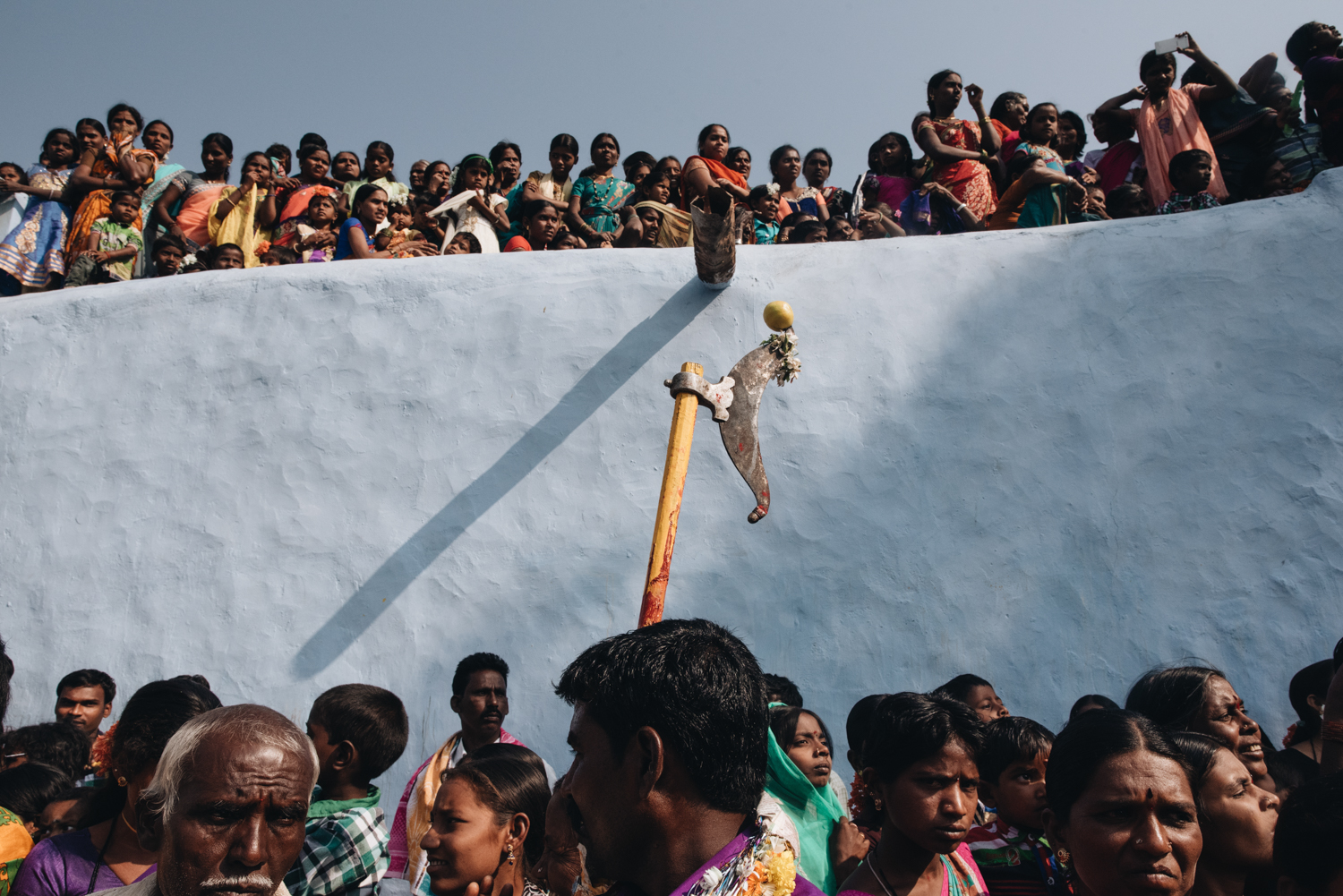
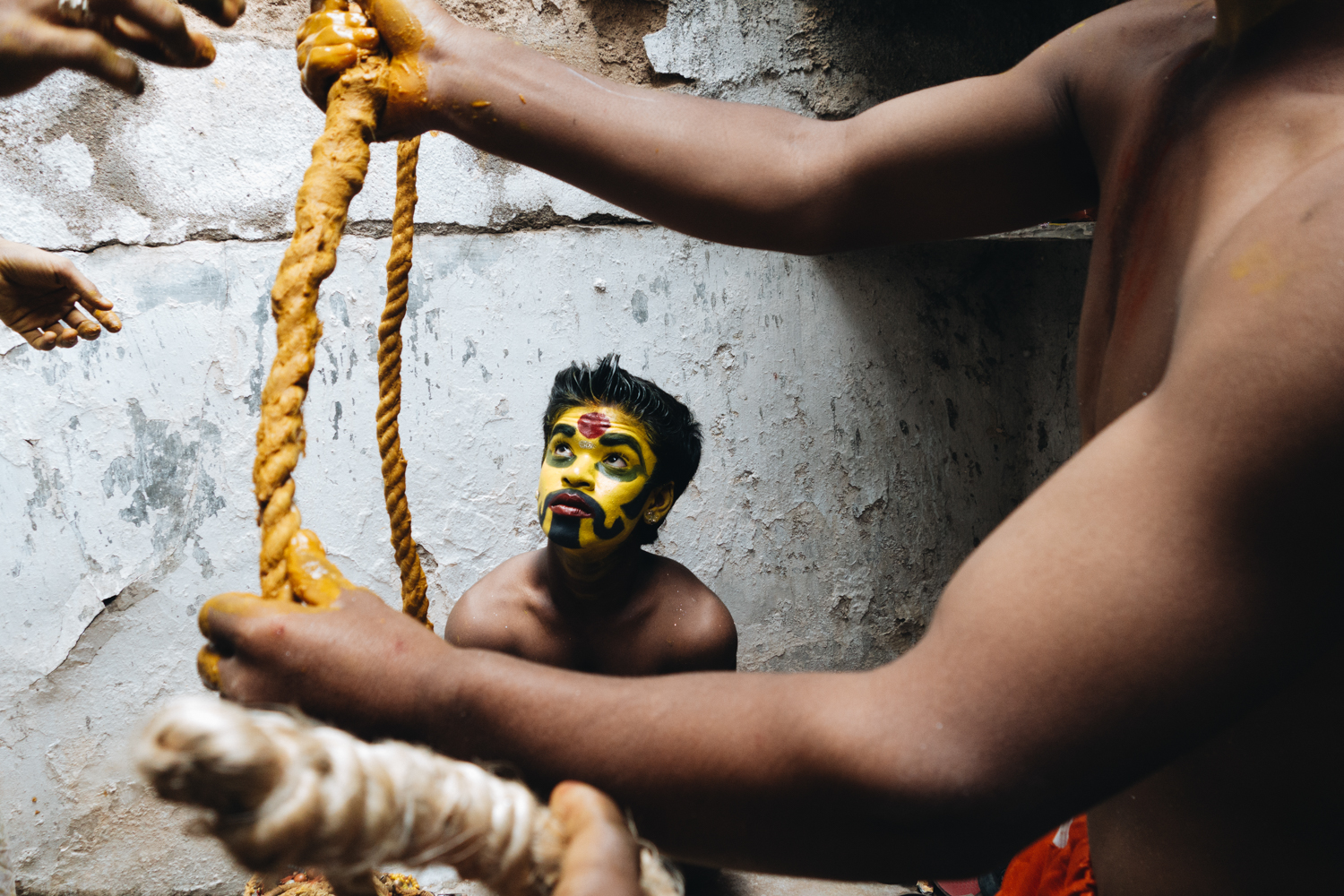
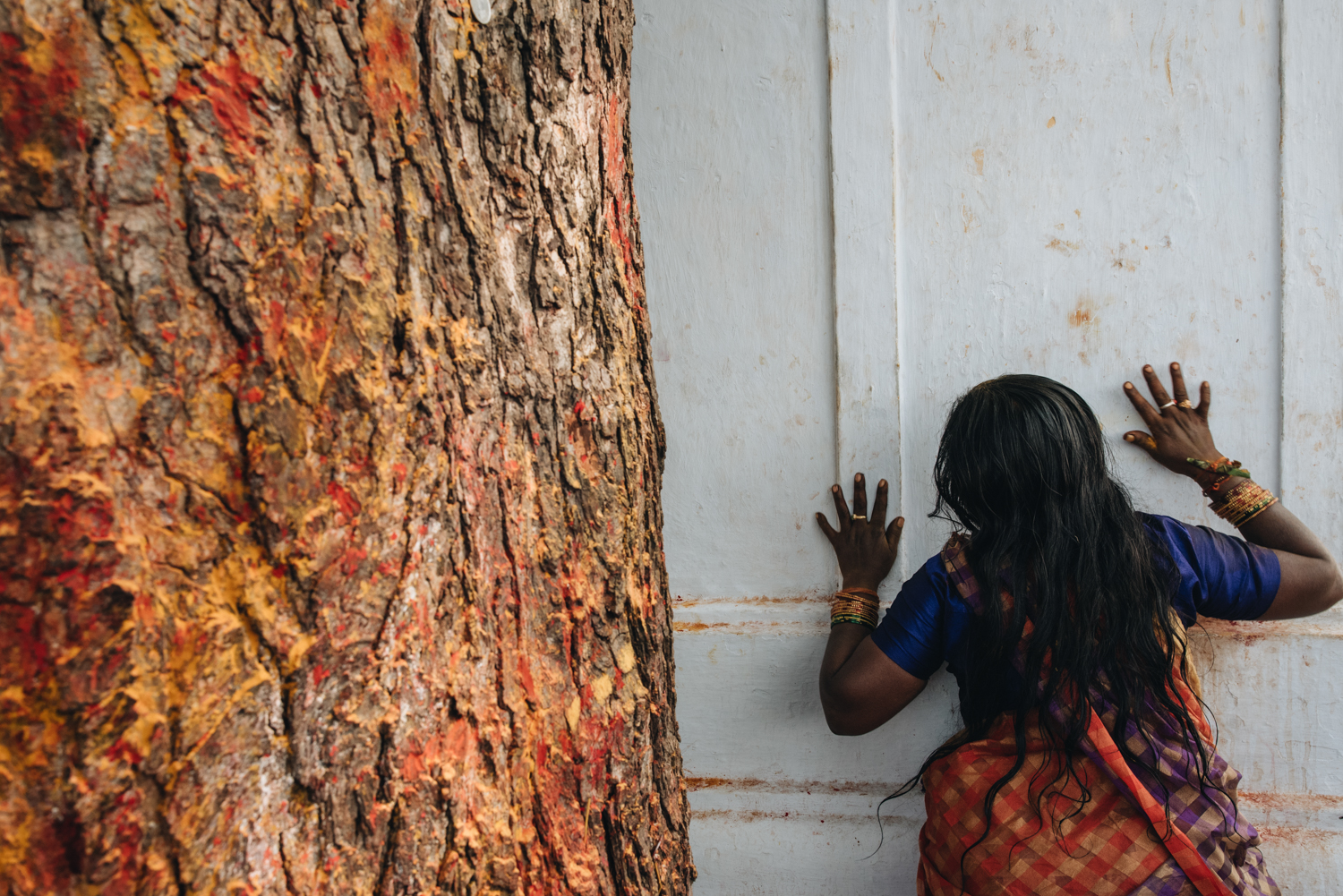

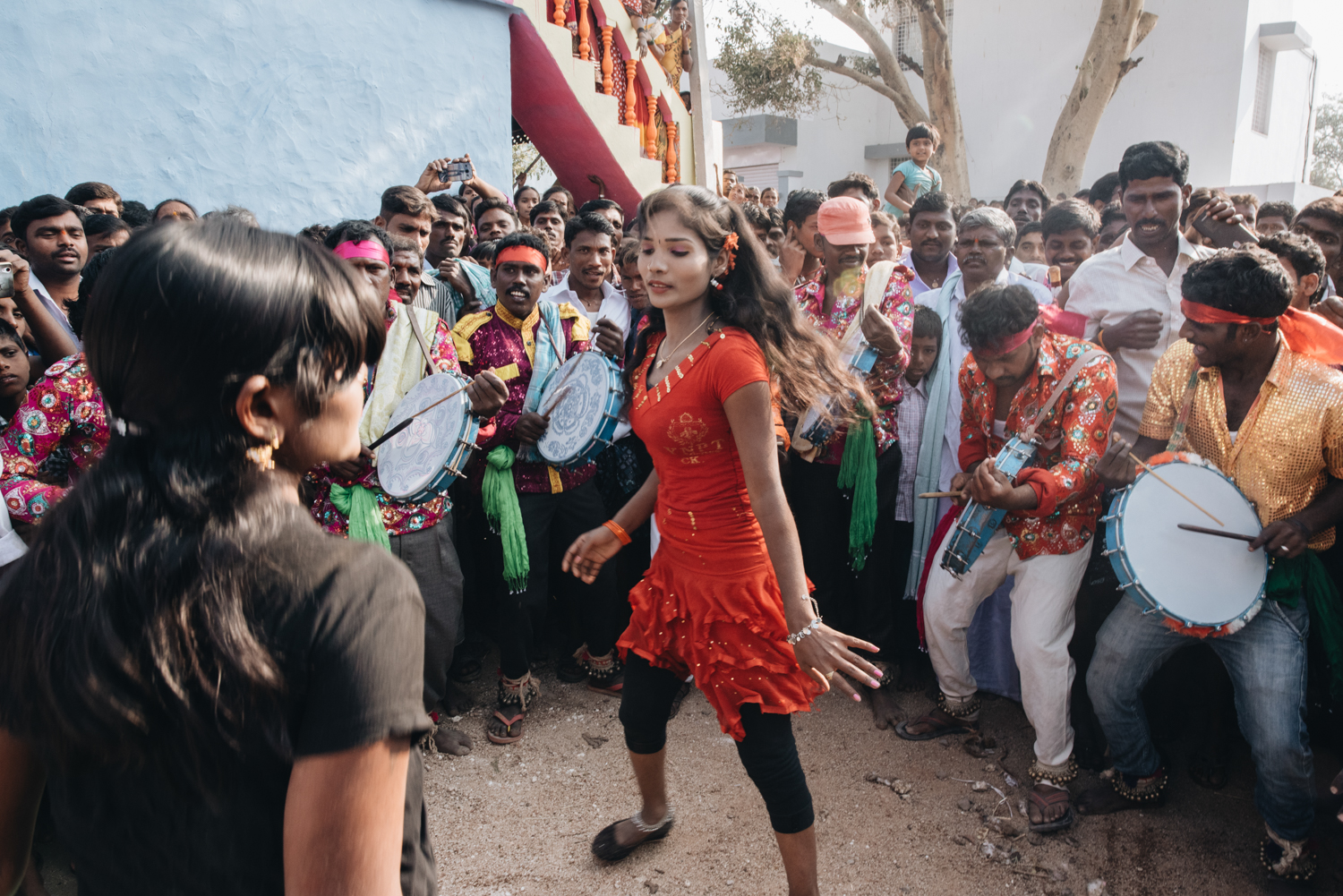
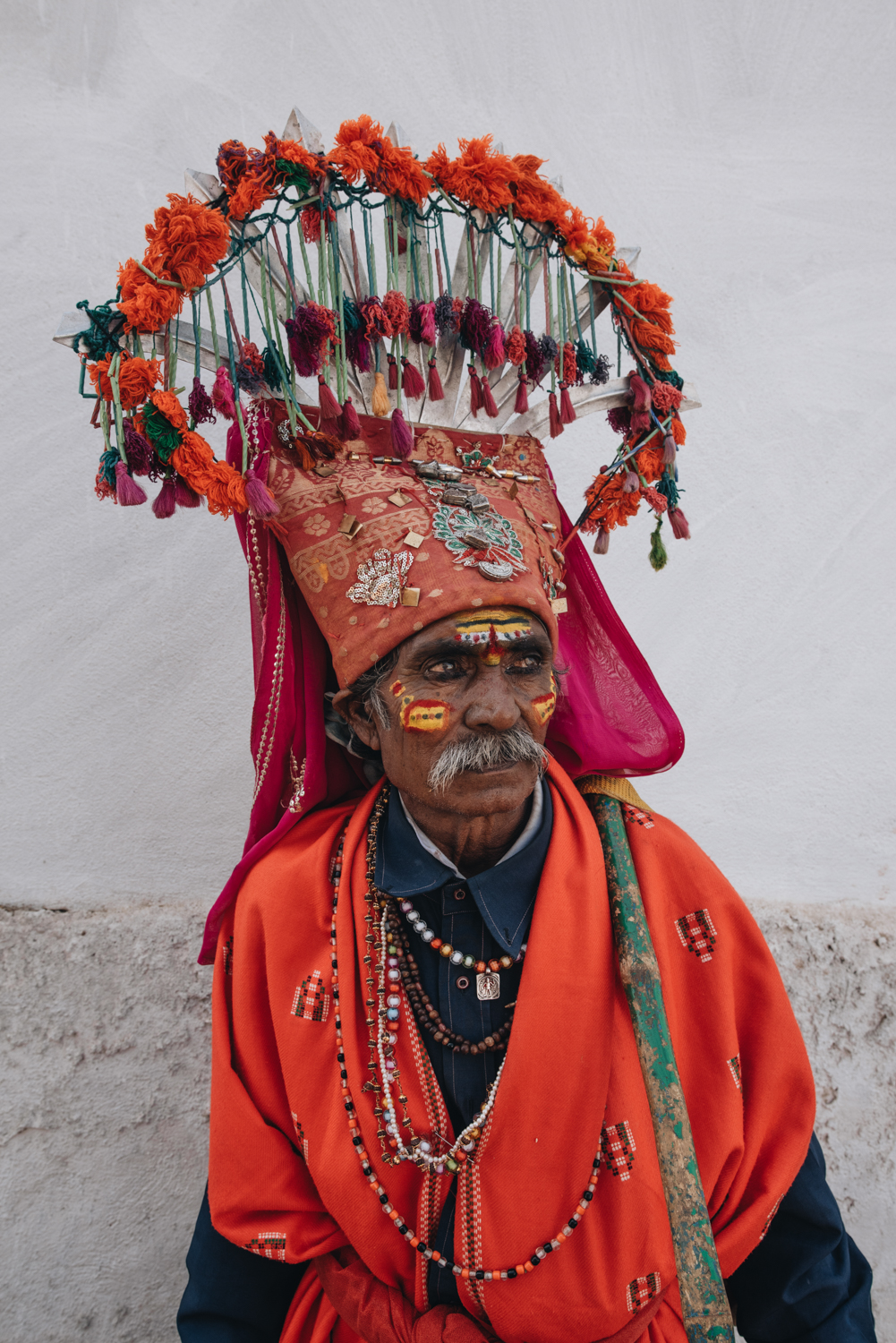
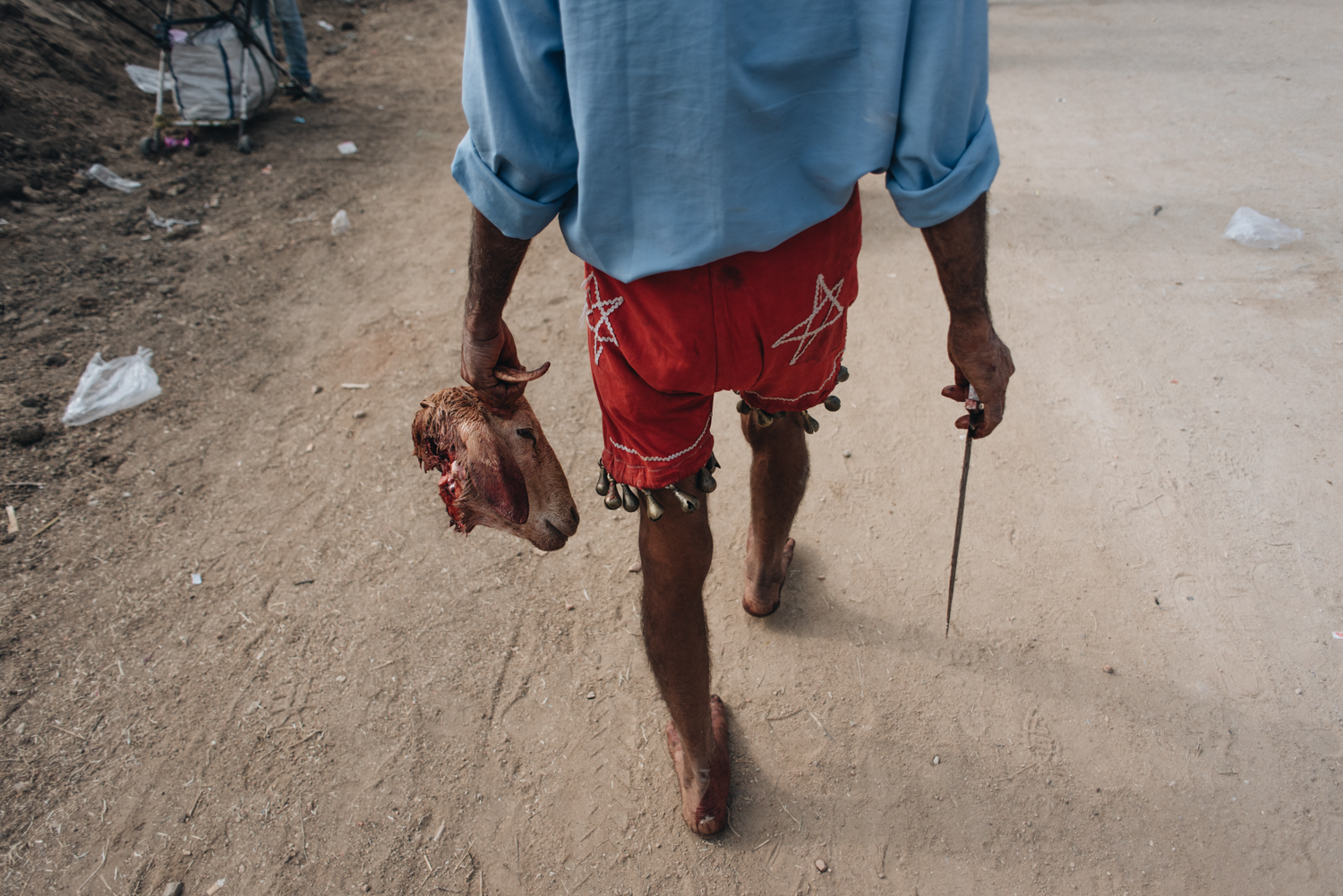
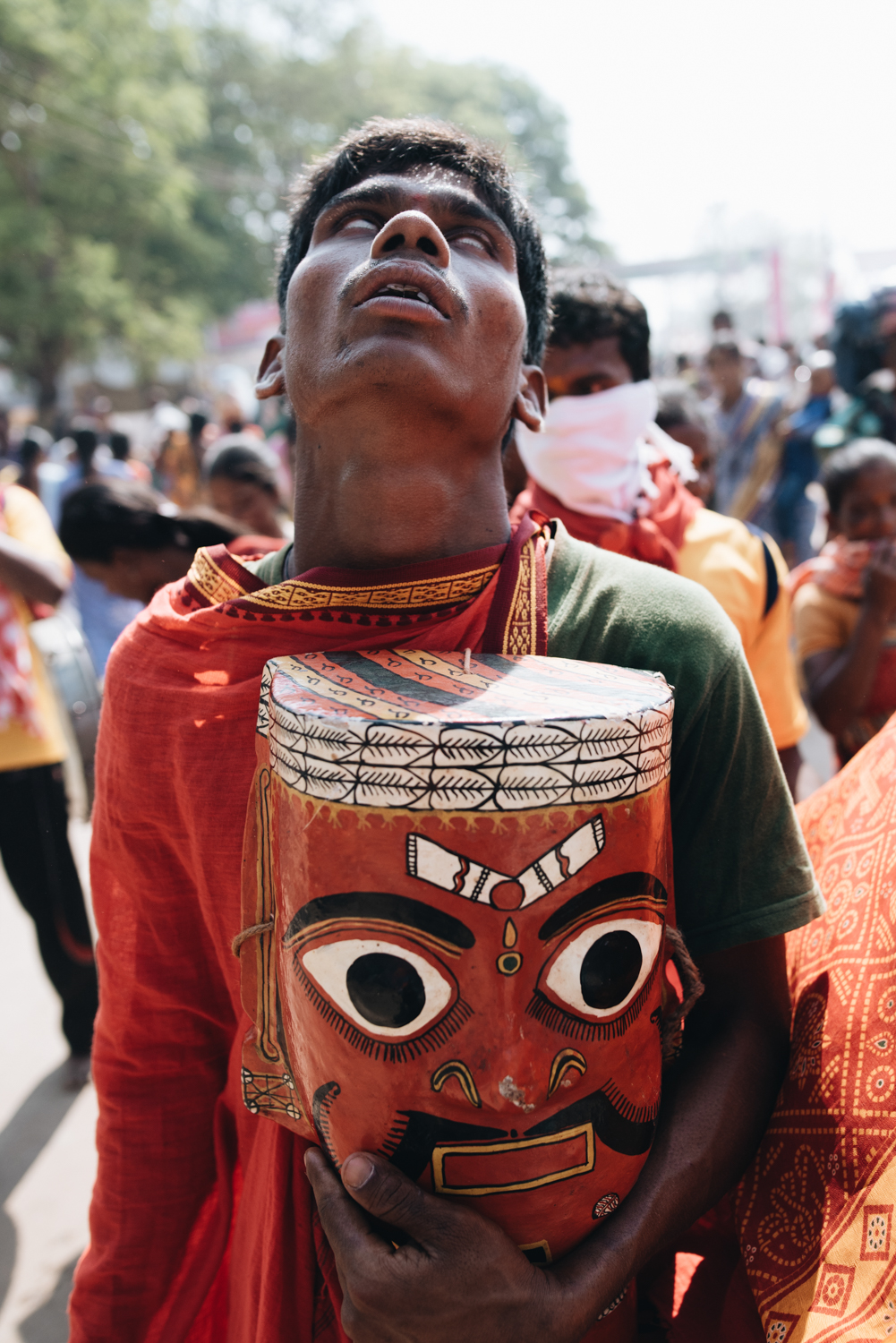
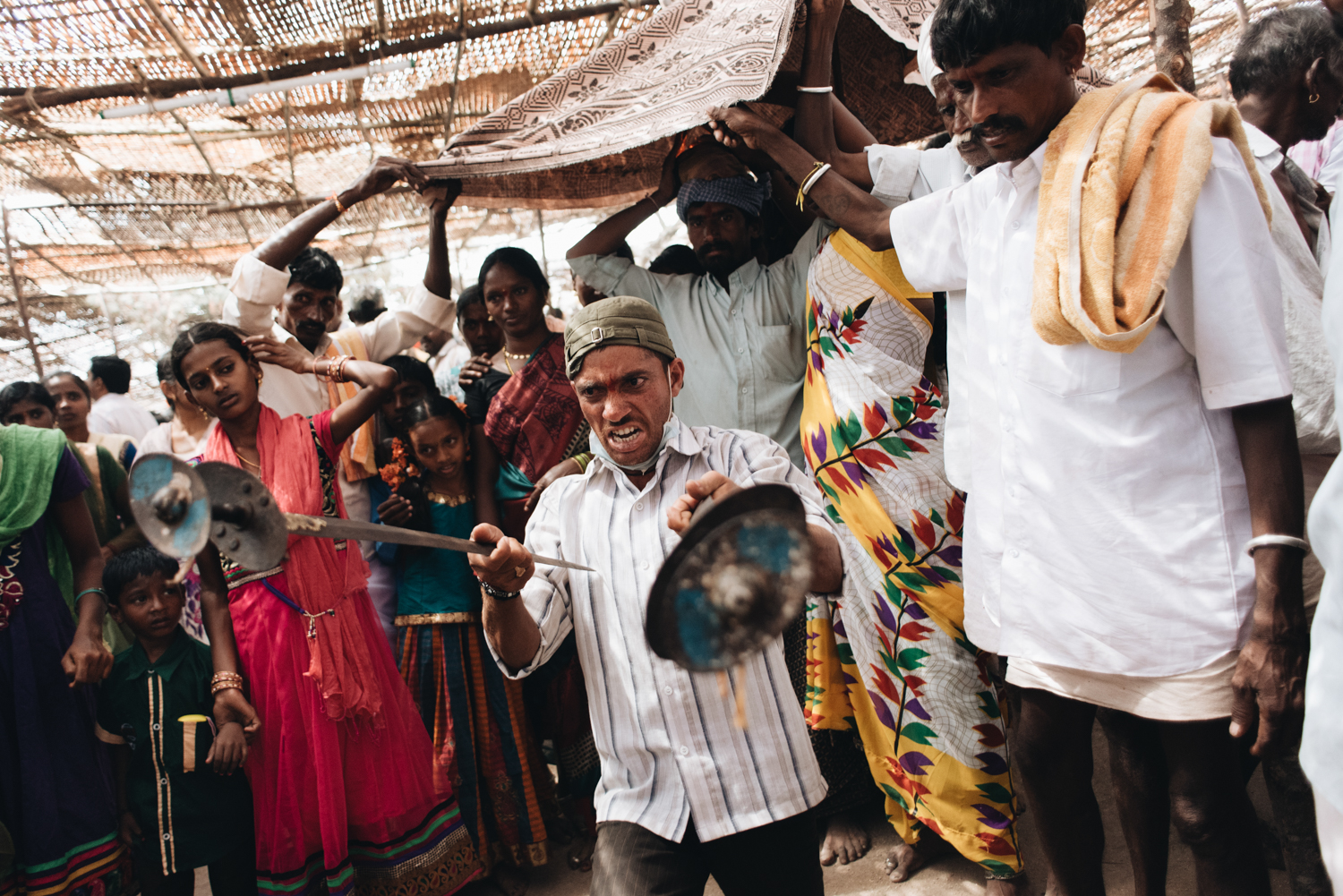


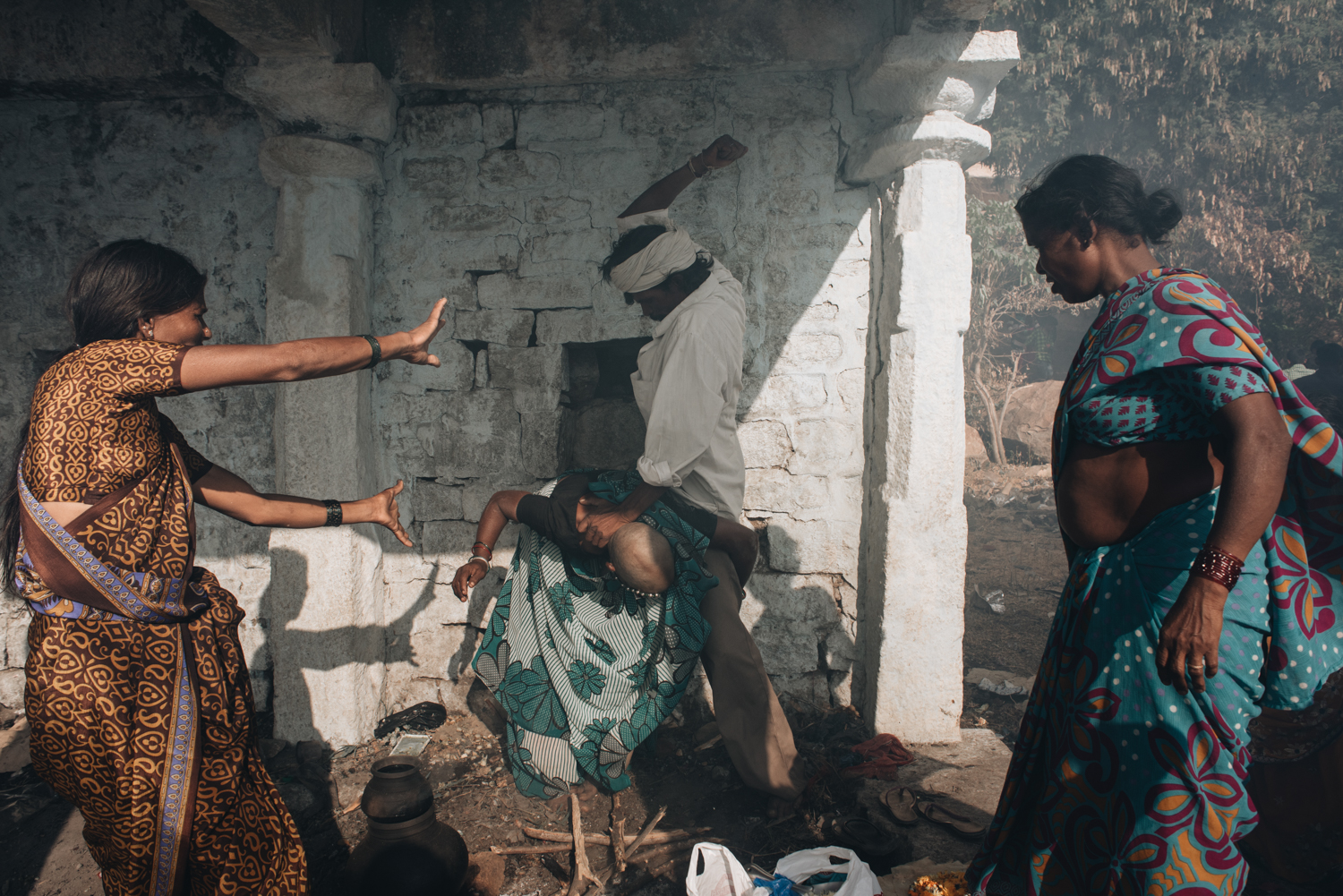
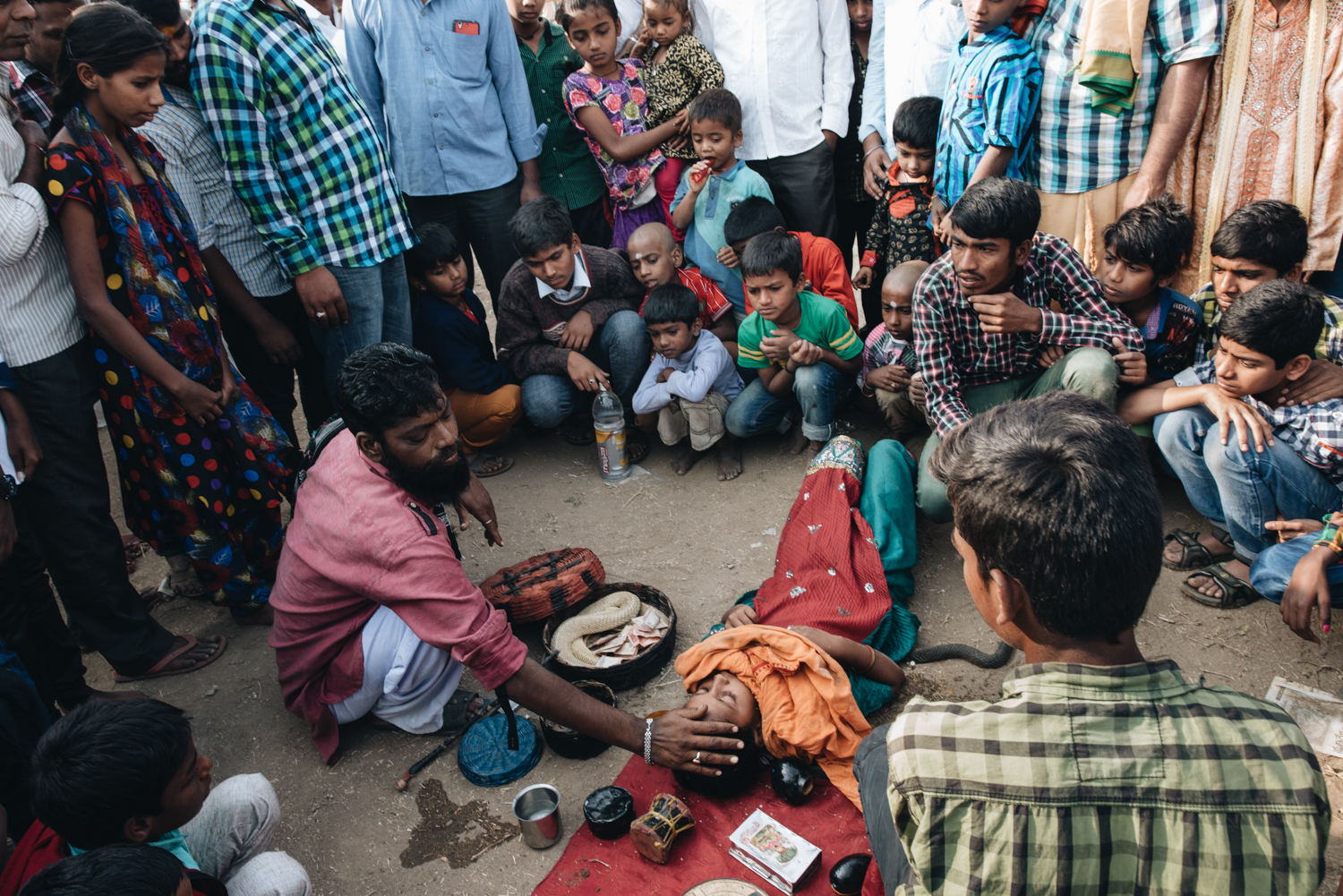

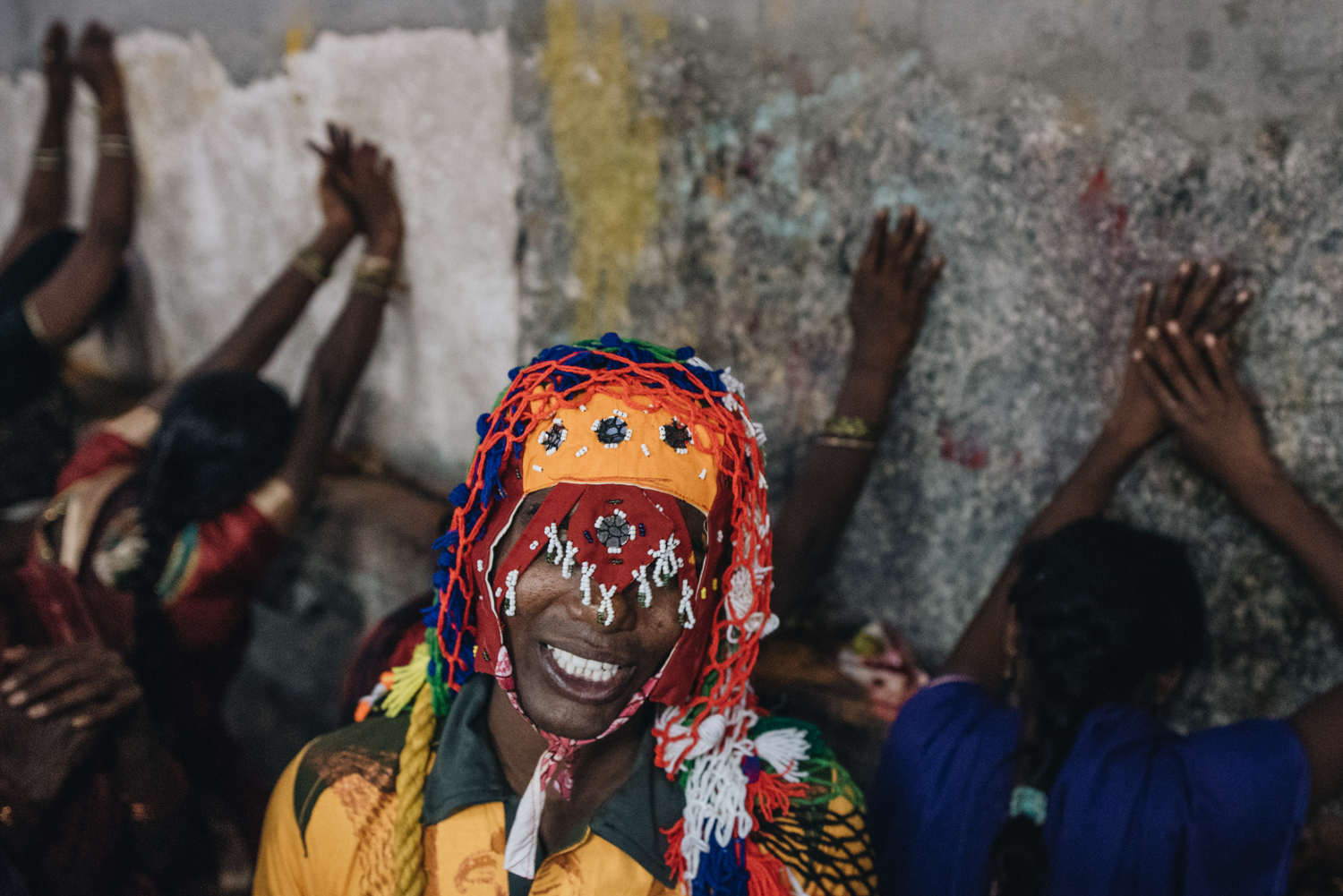
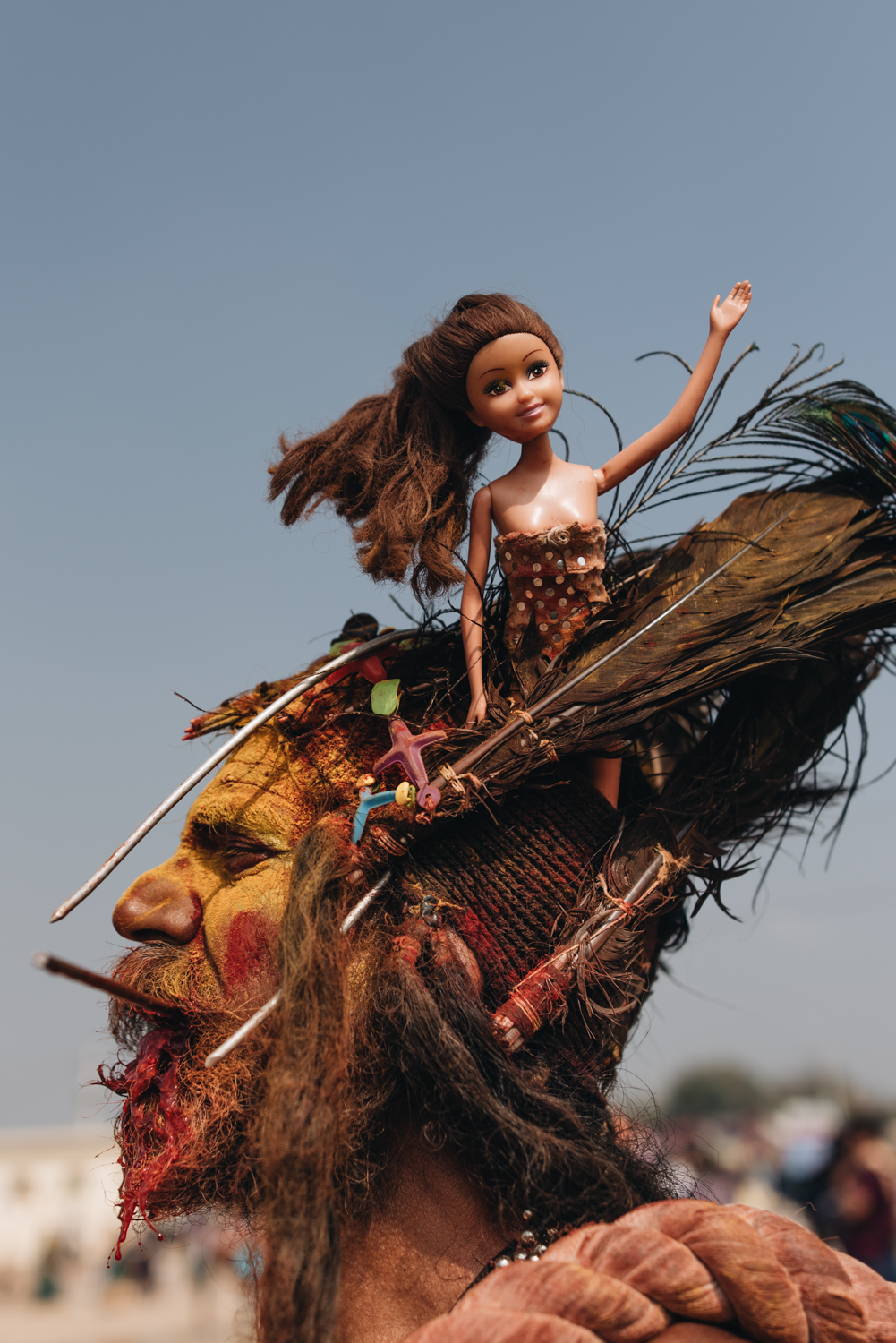
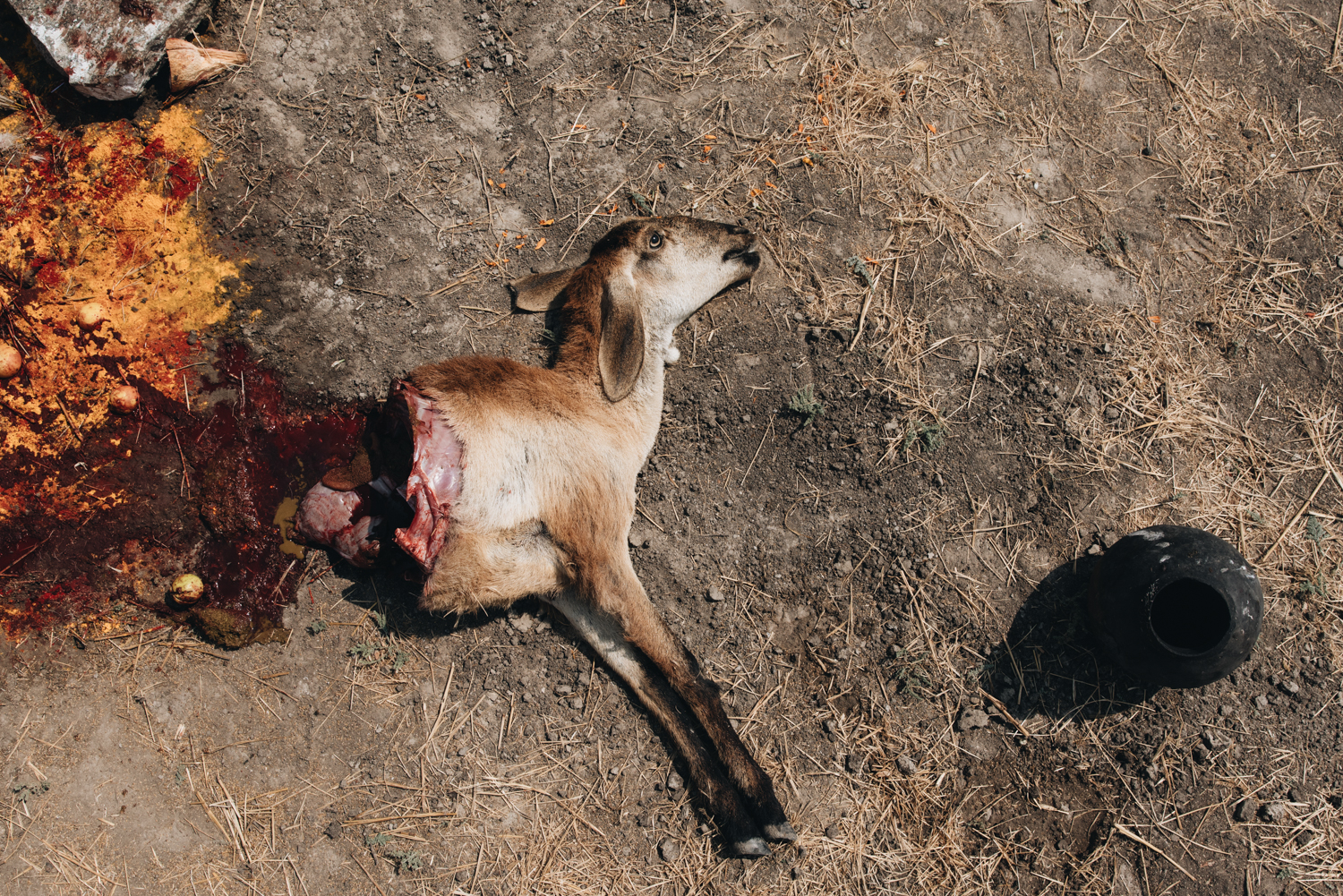
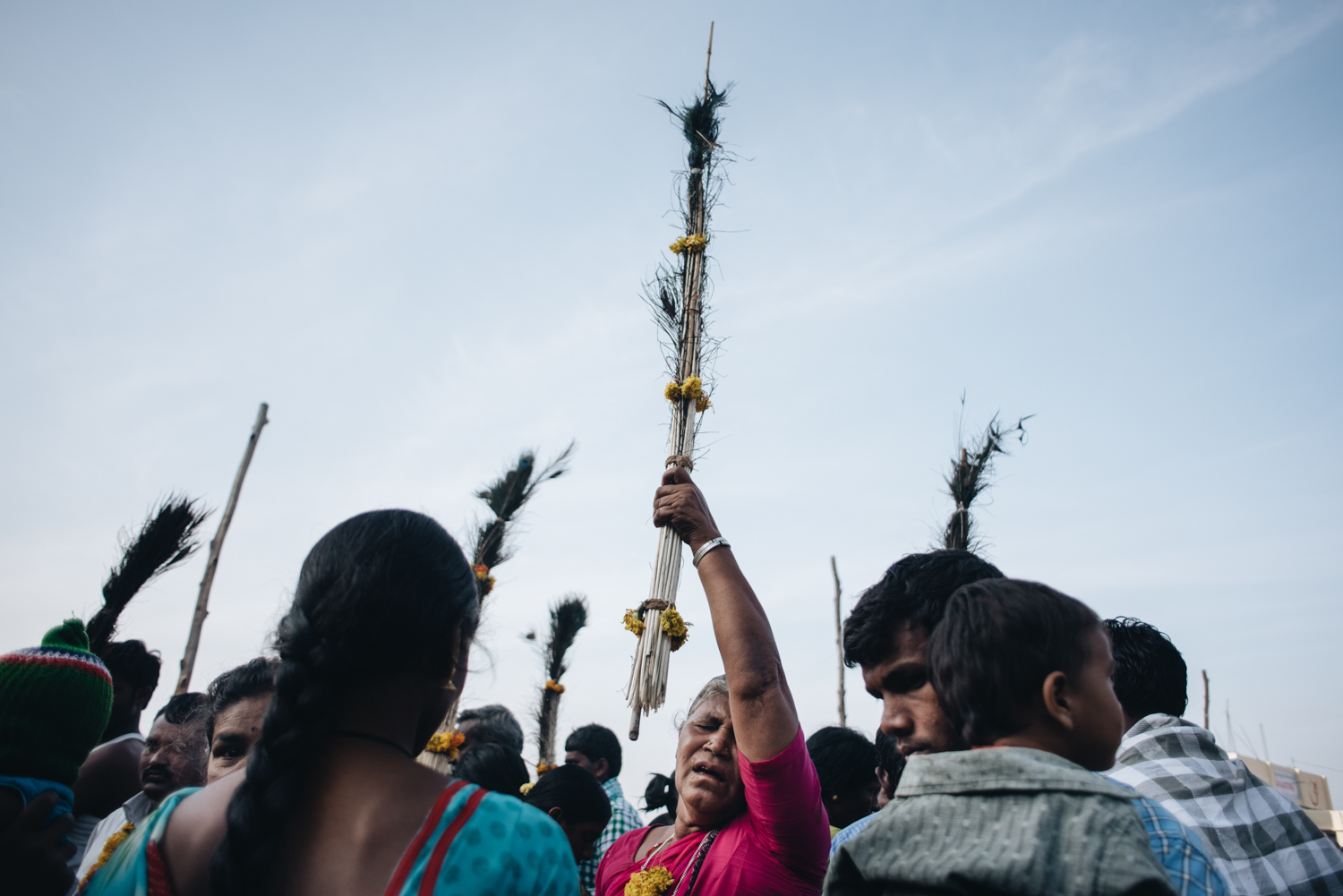
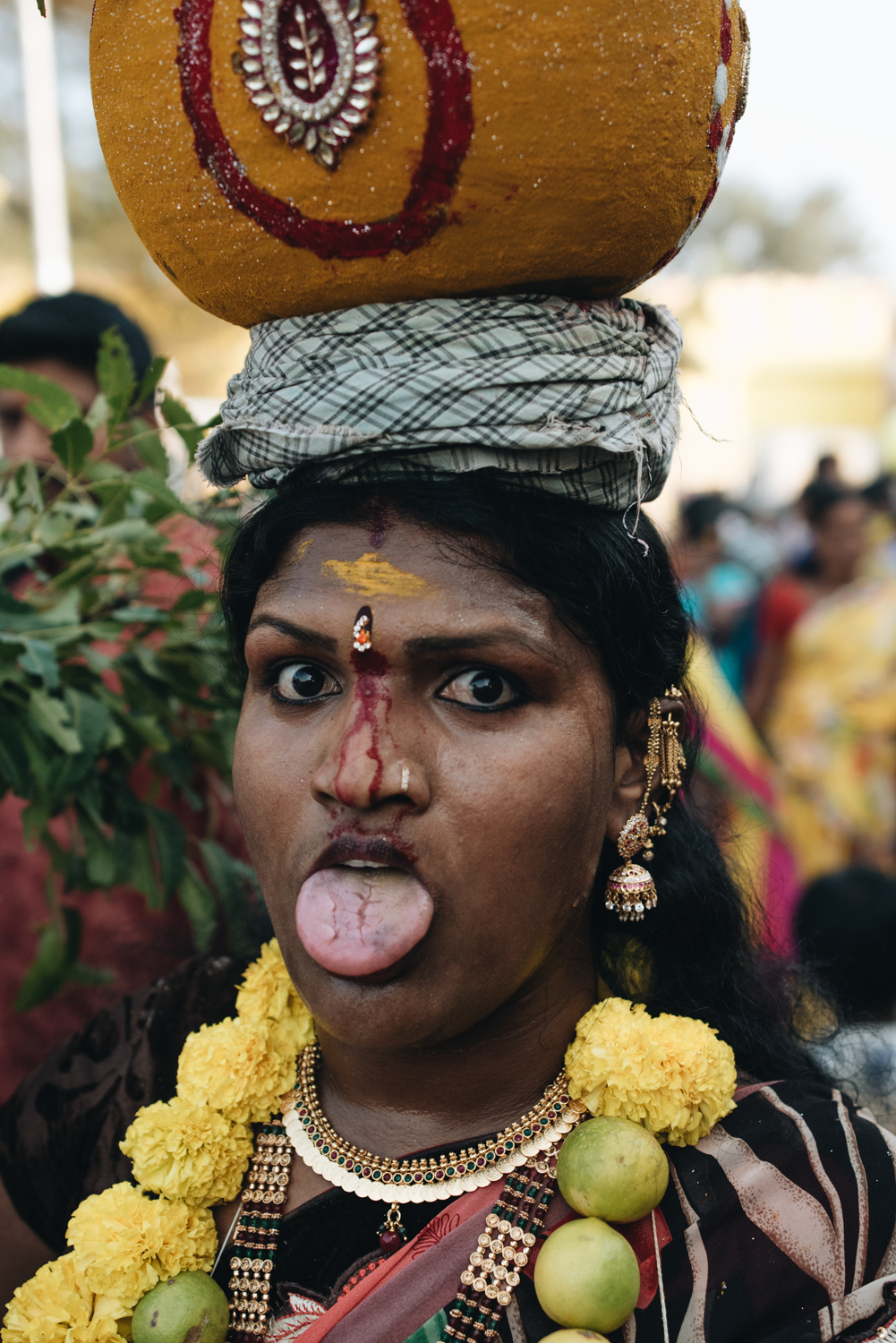
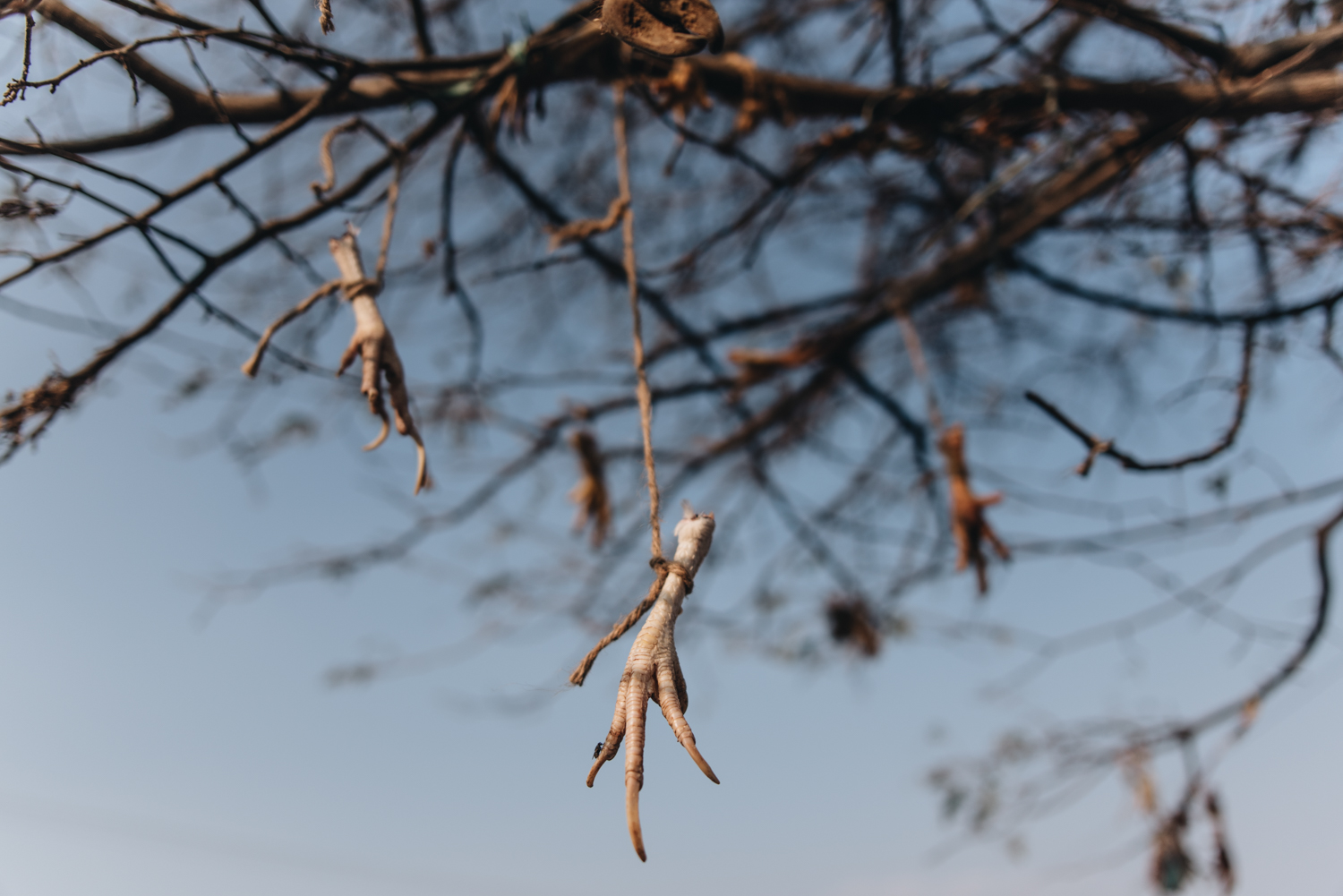
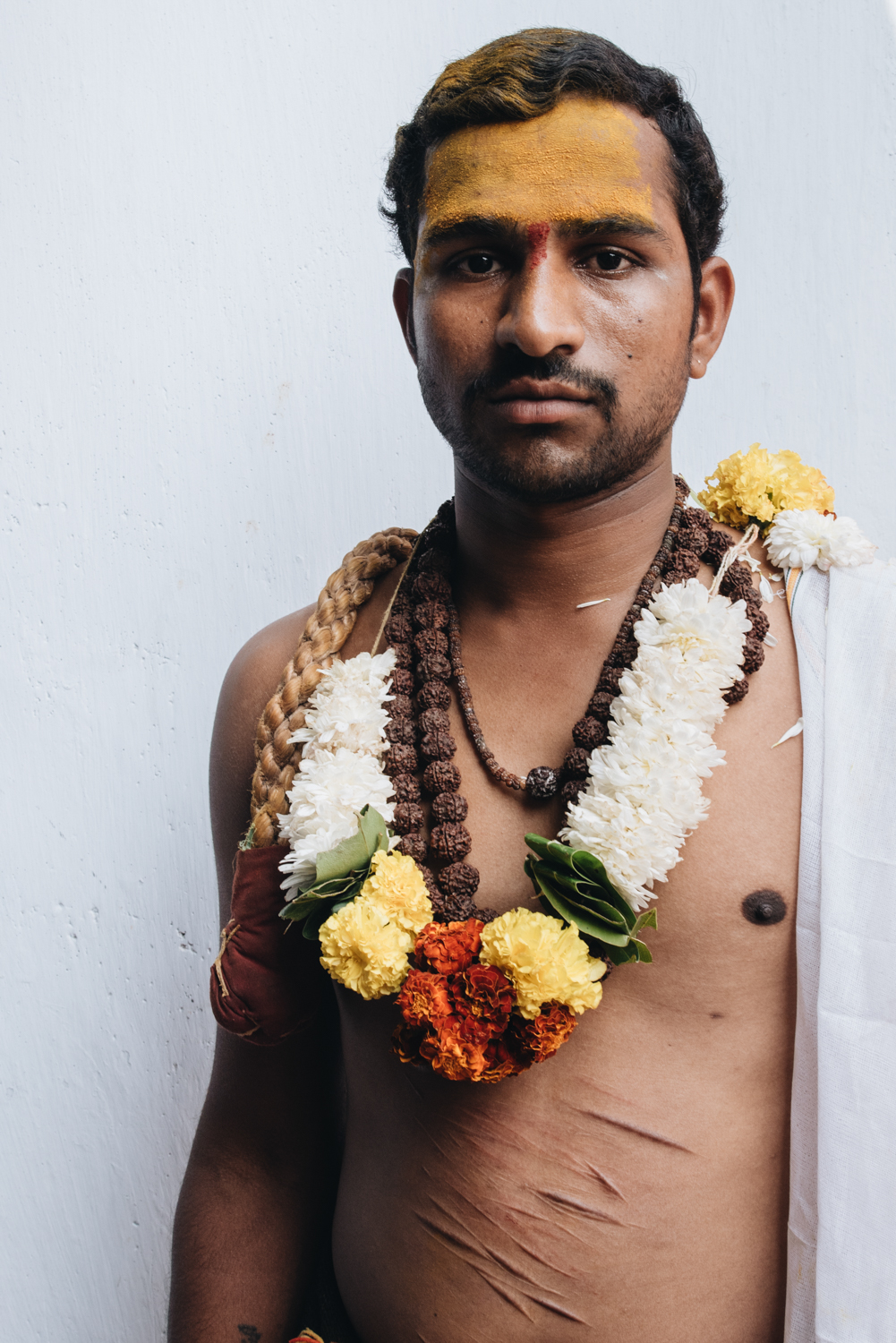
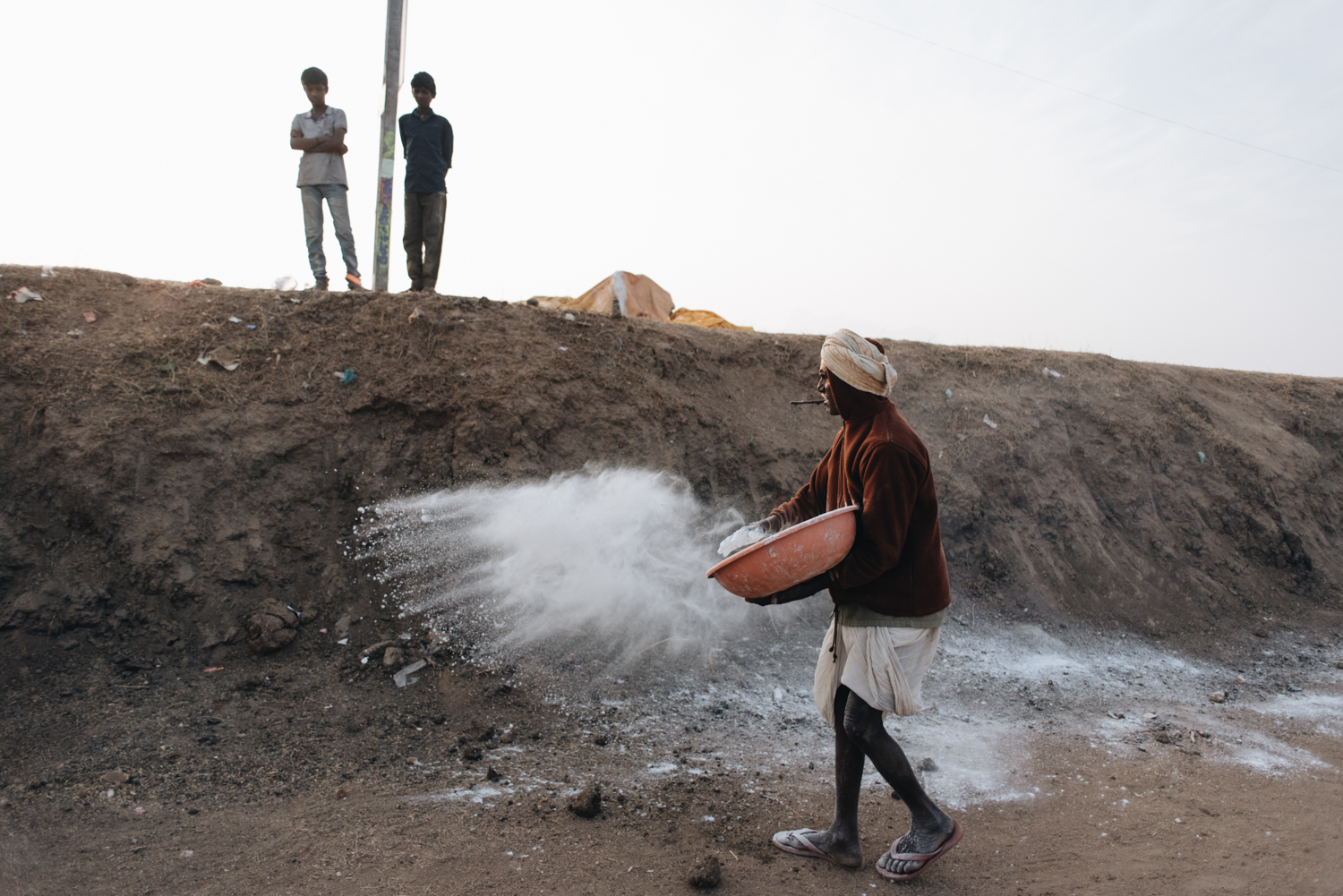
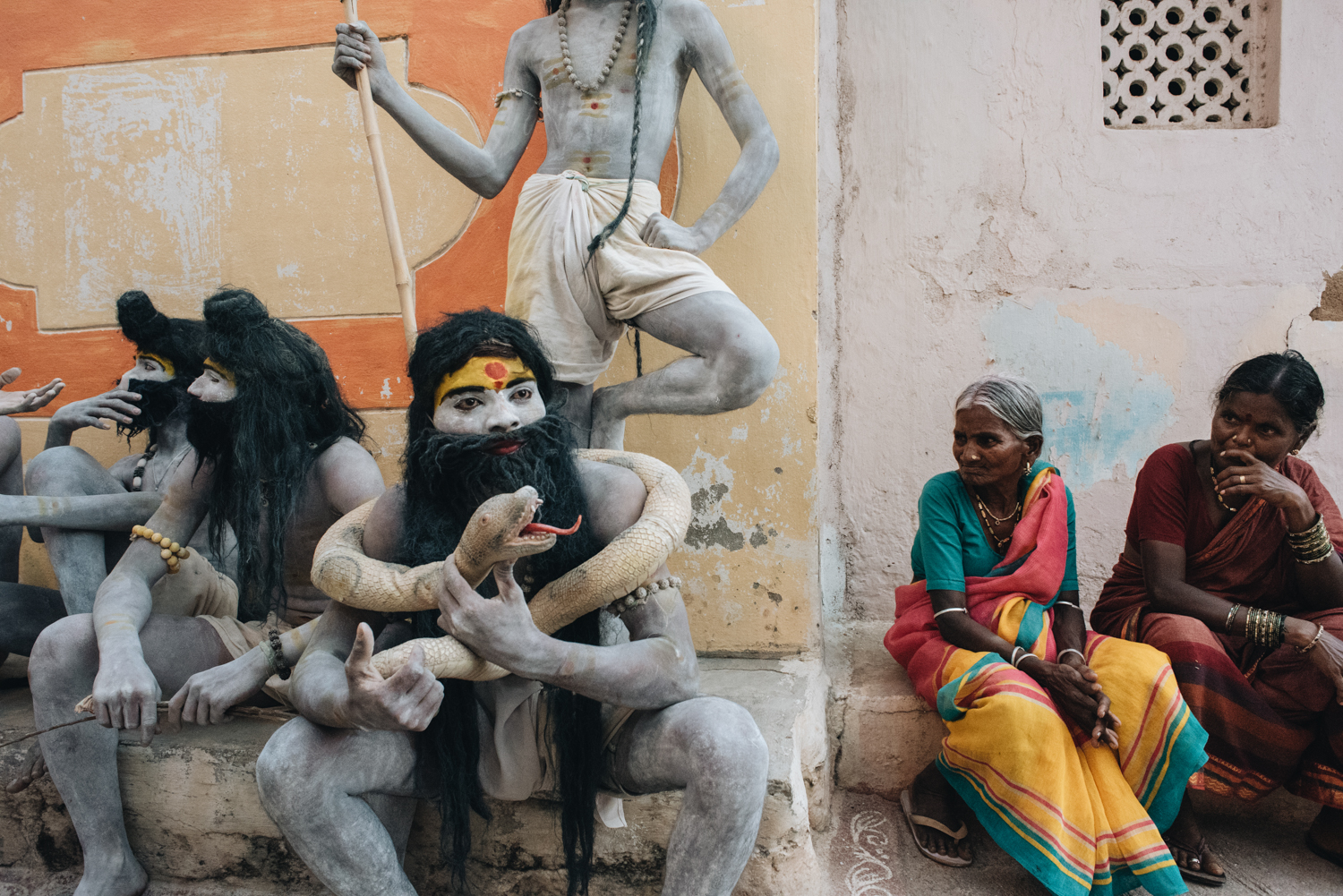

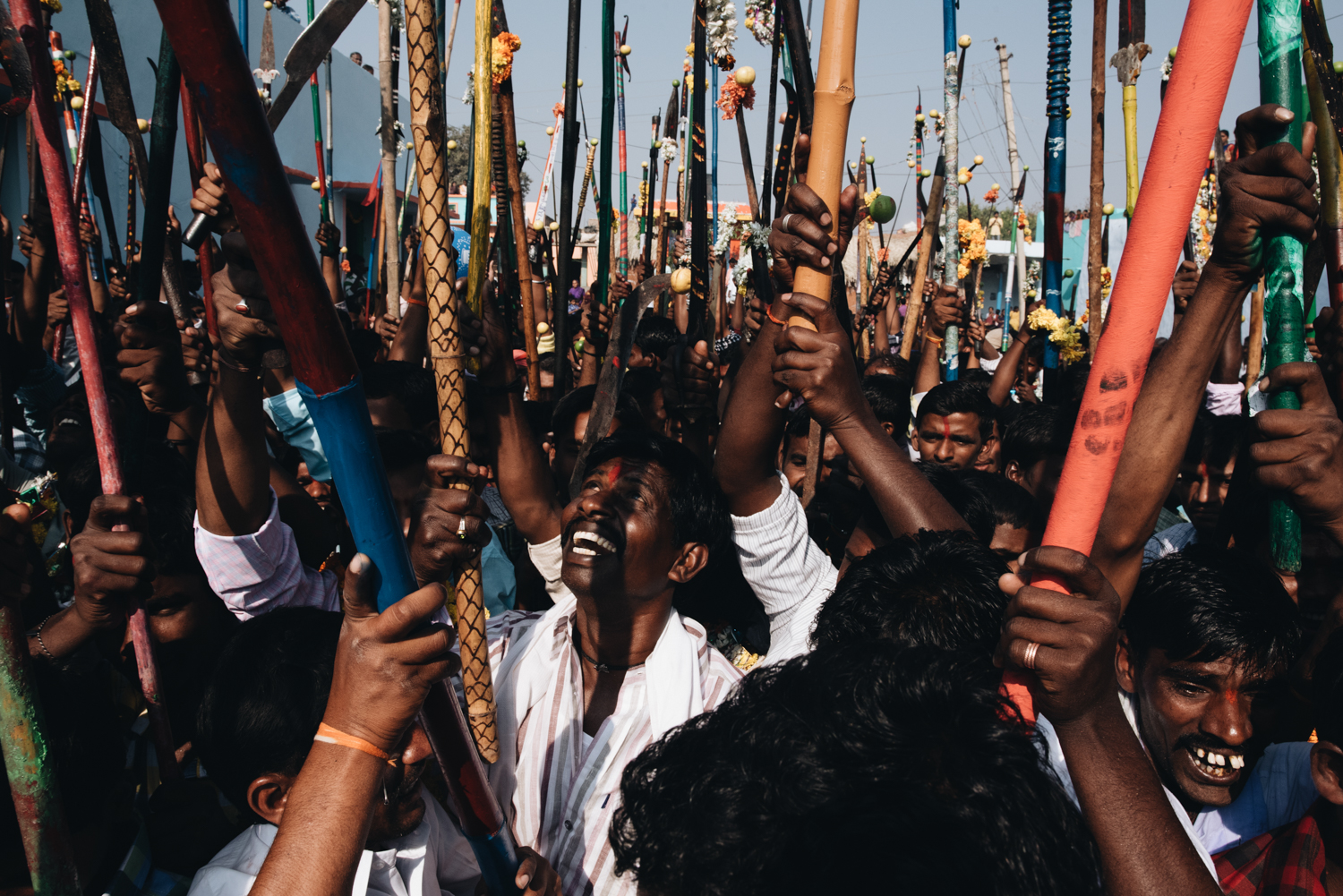


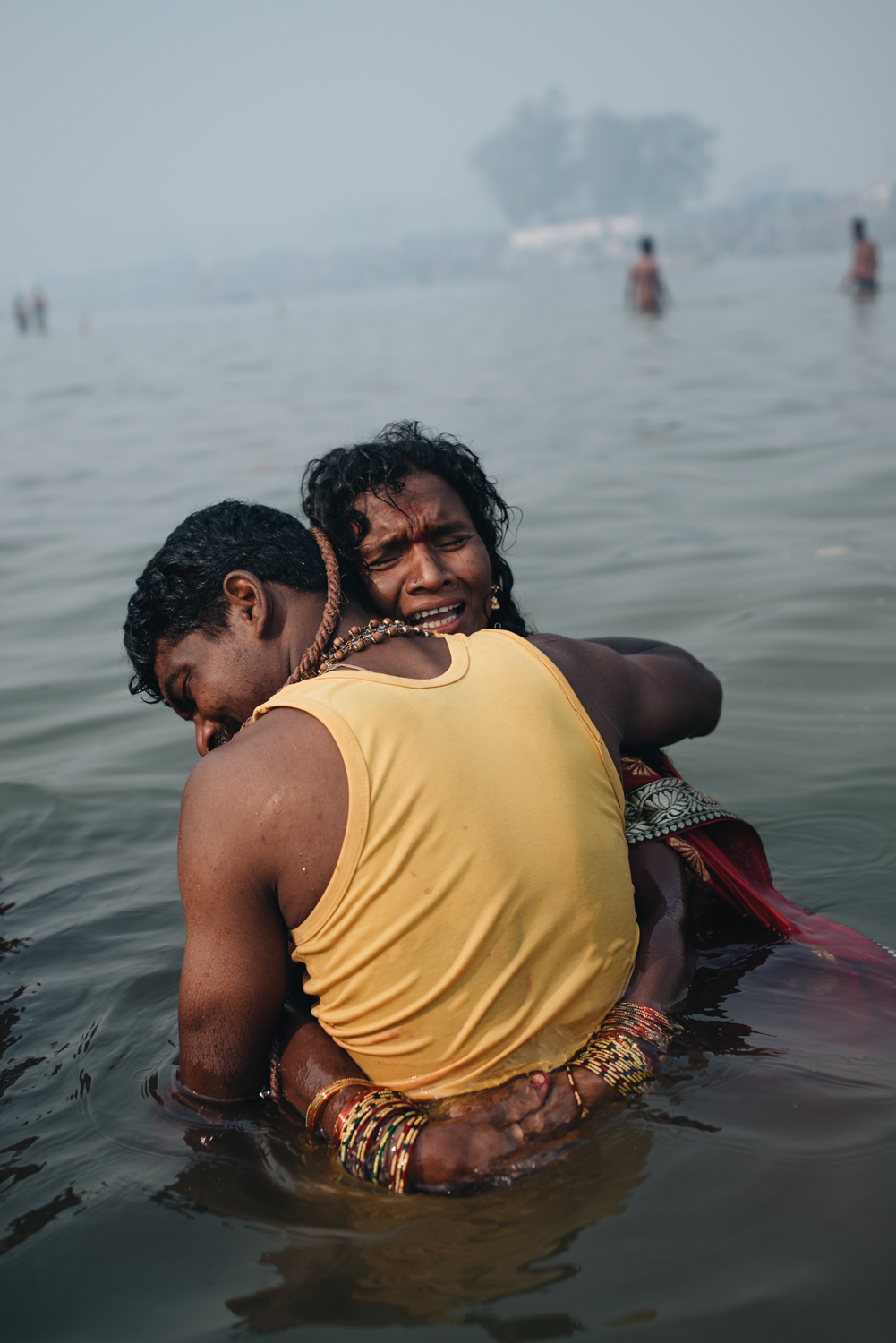

'Jatra' is a prevalent tradition in Telangana, spanning from villages to the bustling metropolis. Villages host fairs to honor local deities throughout the year, a custom known as "jathara." Each village reveres its own gods and goddesses, celebrating them with festivals that often include villagers and their relatives, following their unique customs and schedules. These festivities typically remain local affairs but some draw devotees from neighboring villages and even distant regions, transforming into what is known as a 'Jatra,' attracting visitors from across the country.
Most festivals in Telangana, including the famous 'Bonalu Festival' in Hyderabad and the biennial 'Sammakka Sarakka Fair' in February, occur during the month of Ashadha. Villagers offer 'jatharas' to ensure the well-being of their livestock, a bountiful harvest, and prosperity in dairy production, believing neglect could provoke the village deity into causing ailments. Despite advances in medical care, these rituals persist due to deep-seated faith.
Historically, epidemics like cholera and smallpox prompted villagers to organize 'jatharas' to appease angered deities. In extreme cases, entire villages relocated to new sites, reestablishing their deities there. Despite modern advancements, these fairs endure, rooted in community faith. As urbanization has transformed small villages into towns, these once-local festivals have grown into large-scale events attracting thousands to lakhs of devotees.
Initially focused on protection from diseases and suffering, 'jatharas' evolved into festive celebrations drawing crowds for prayers and rituals like 'Varam Pattadam' (seeking divine blessings) and 'Molkulu' (offering sacrifices for wishes). While some village deities have been assimilated into mainstream Hindu practices with elaborate temples and Brahmin priests, others, like Komarelli Mallanna and Ailoni Mallanna, retain their original village roots. Efforts in places like Medaram to create adorned idols for deities such as Sammakka and Saralamma have sparked controversy among tribal priests, known as Koyals, who traditionally oversee these fairs.
'For the promised heaven in the sky' offers a mosaic of people and a glimpse into their world of sorrow and enchantment. It documents the journey of the deeply vulnerable who cling to the last sliver of hope in their lives.